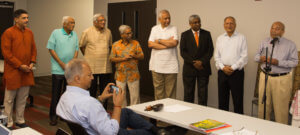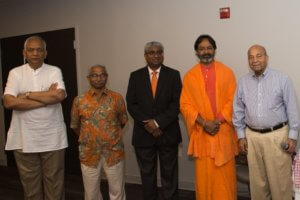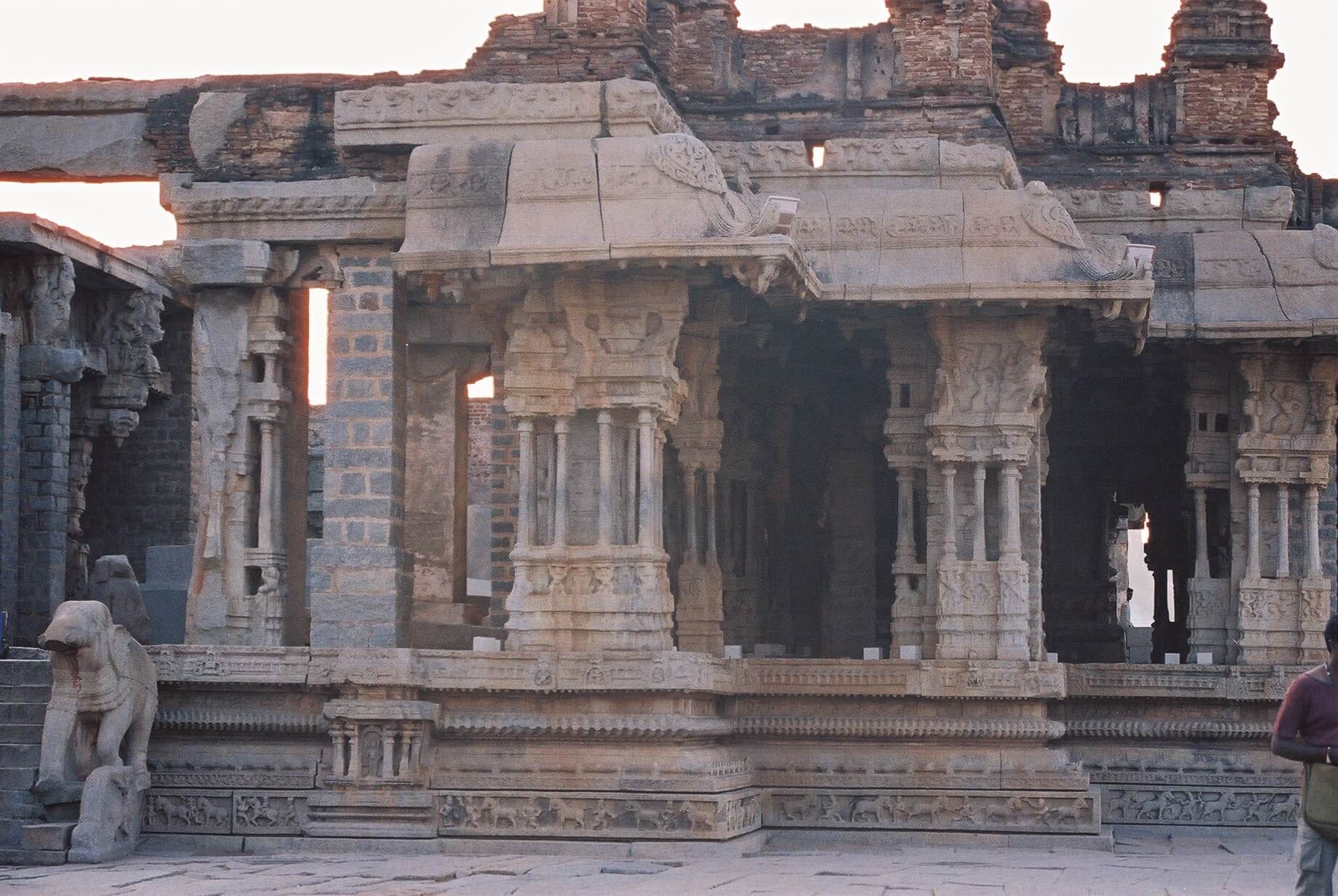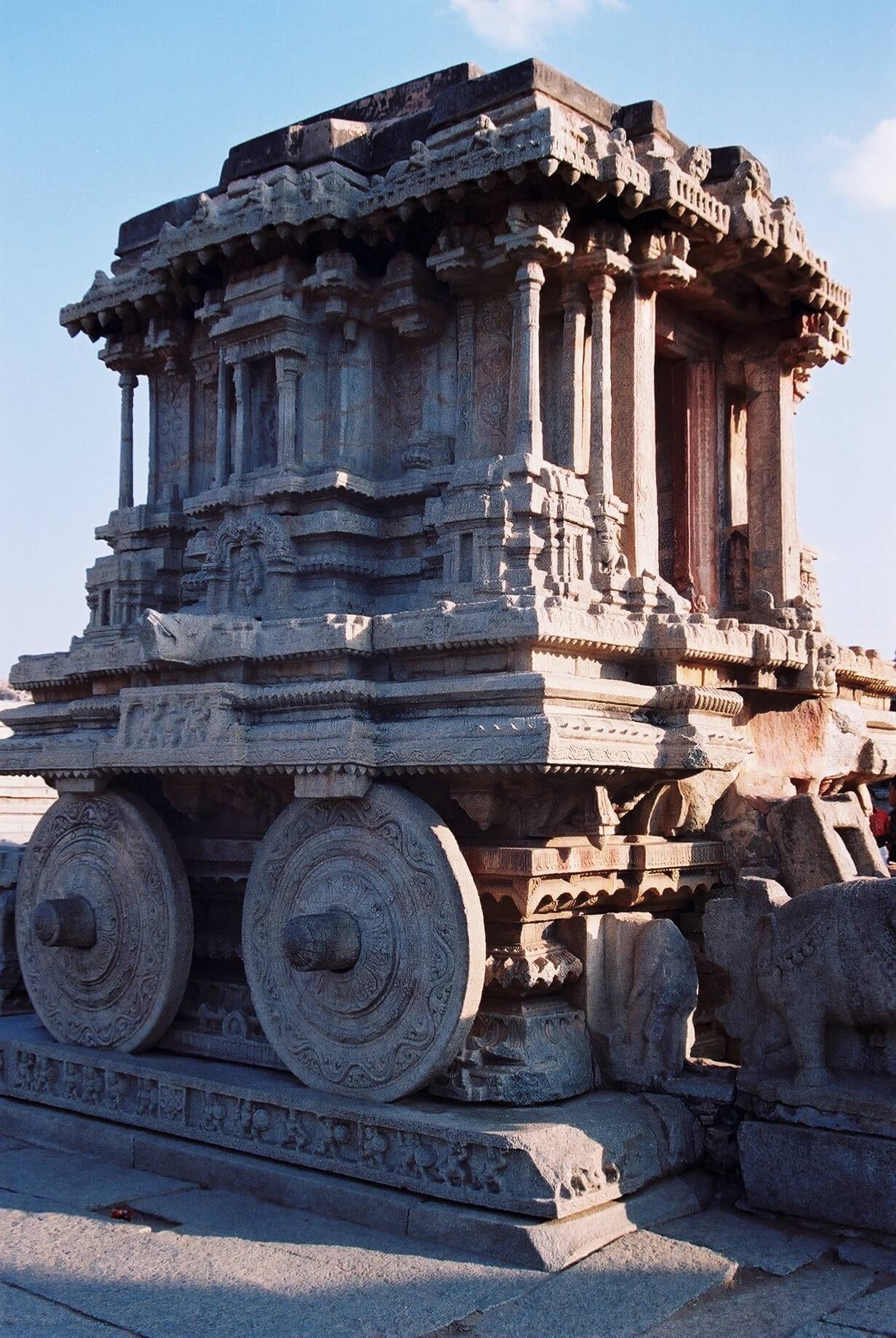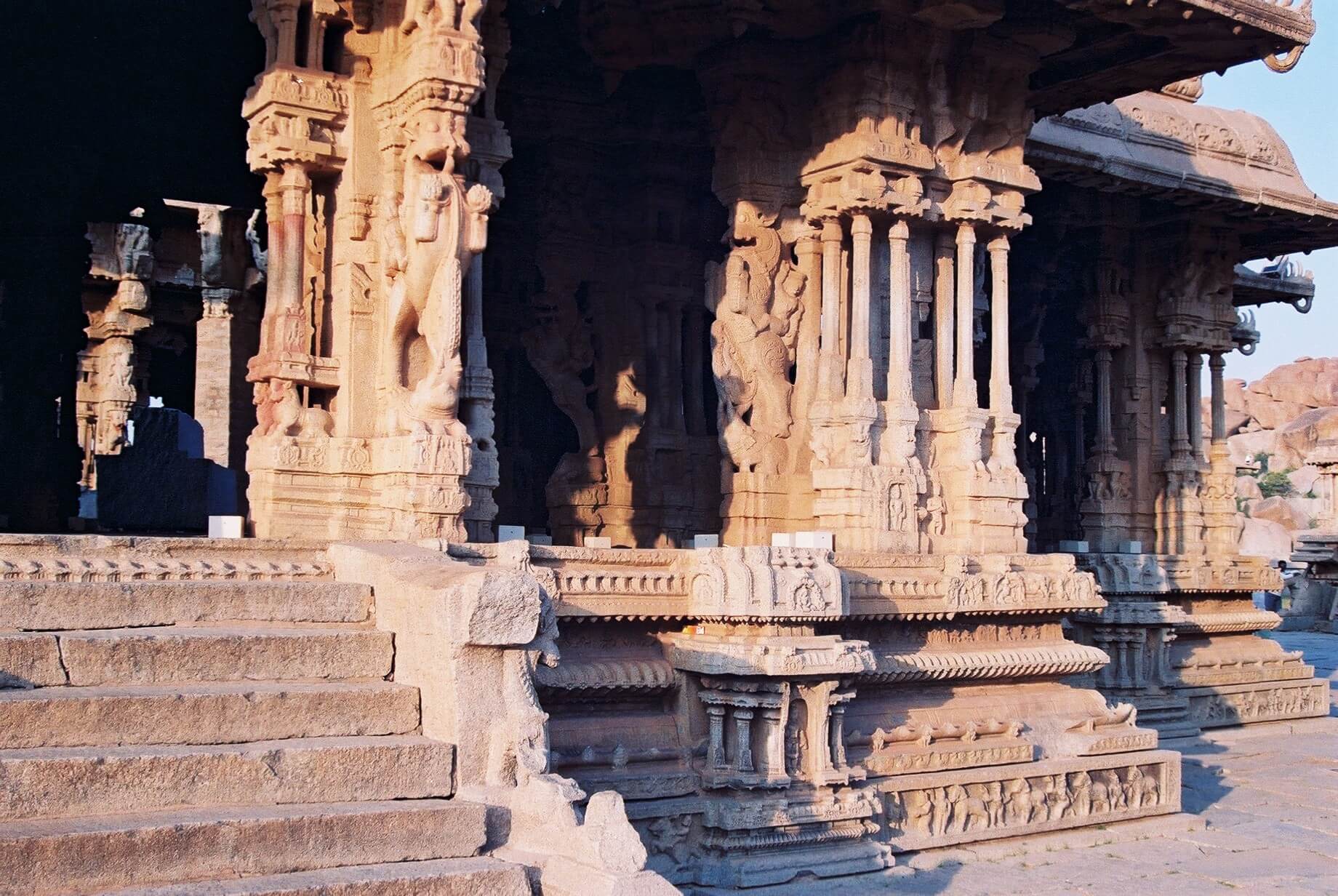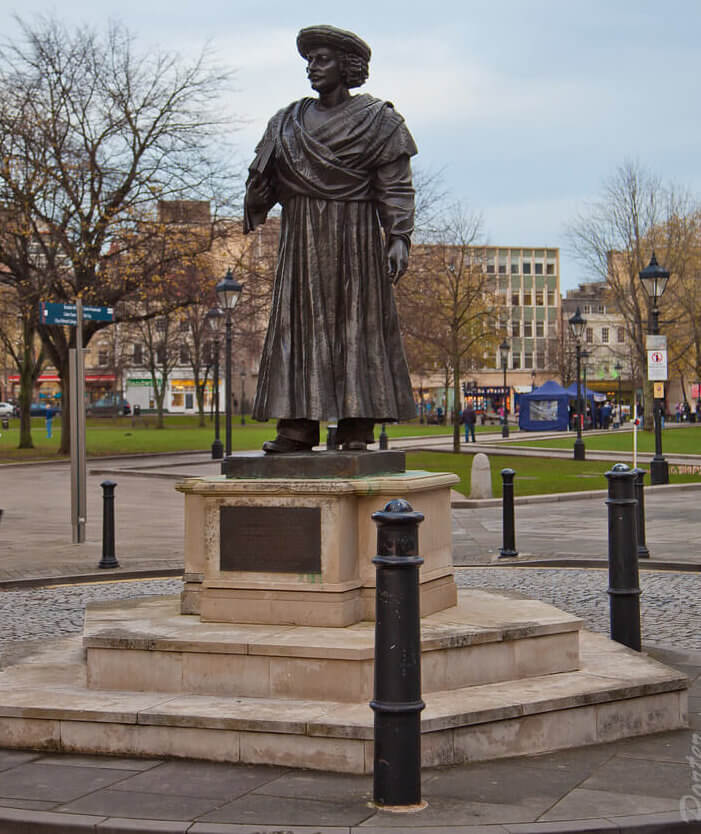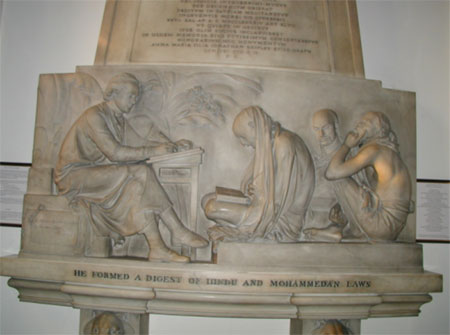Area of Study: Post-Colonial Hindu Studies
The Certificate program in Hindu Studies (CPHS). HUA prepares Students to engage with the world as a Hindu with confidence and clarity. Along the way, it also aims to develop in the student a lifelong love for service and contribution. At the end of the program, students will be informed, empowered, and inspired by the possibilities of living a deeply fulfilled life as a Hindu, and making a real difference in the world.
As Students discover the range and depth of Hindu thought, its uniquely awesome cosmology, and clear up some of the misconceptions and erroneous narratives that they have inherited, they will find themselves being profoundly transformed, naturally creating new realms of self-expression, and new possibilities for who they can now be in the world.
Program Learning Outcomes:
At the end of this Certificate Programs in Hindu Studies, Students will:
- Clarify the Hindu Paradigm, having acquired an overview of Hindu principles, practices, values, history, philosophy, society, culture, traditions, and civilization.
- Articulate the contemporary relevance of Hindu thought and contribute its value to the Hindu community as well as to humanity in general.
- Apply their learning to think from a Hindu context and develop strategies for the preservation and transmission of Hindu thought across the generations.
- Create new pathways for service, leadership, and global engagement from a Hindu context, and new realms of self-expression for themselves.
- Contribute with confidence and clarity, in unique and innovative ways towards fostering the culture and traditions of Hindu Dharma.
Program Context
Being successful in our professional lives, as a Doctor, Engineer, Business person, Entrepreneur, or a Lawyer and so on, equips us with a basic ability to compete effectively in the contemporary economy, to survive and succeed in the world. But it does not necessarily address a deeper dimension of human possibility i.e., the spiritual or the Adhyatmika realm.
In each of us lies dormant a need and a desire for deeper engagement with the world, to contribute, to make a difference and be of service in a profound and meaningful way. In each of us lies as yet unfulfilled the potential for leadership and global impact, sometimes even as yet unimagined.
In every one of us without exception there lies the possibility of going within, exploring the realms of deeper levels of consciousness, and transforming our connection and relationship with the cosmos itself, manifesting the perfection and possibilities that already lie within us. These are the realms of Dharma and Moksha, the unique dimensions of Hindu thought.
What is the purpose of our human existence? Does it have one? What does it mean to live a successful life? What is the source of deep fulfillment and contentment in our lives? What is Dharma? What is our Svadharma? How do we ensure that we fulfill the unique purpose and opportunity of our lives? How do we even discover it? Have we exhausted the possibilities of being alive already? How has Hindu Dharma addressed these questions?
In the Certificate Programs in Hindu Studies, Students will engage with these questions in a deep and authentic way, as they prepare themselves for service, leadership, and contribution, and for making a deep and lasting impact in the communities in which they live, as well as the world in general.
Whether you are interested in writing, speaking, and teaching, in counseling and healing, in social work, media or the performing arts, in education and curriculum development, in providing leadership in your communities, working with youth or in inter-faith domains, or simply engaging with schools and colleges, and the institutions of our contemporary world, or being of service in some other vital way, the Certificate Programs in Hindu Studies, will empower and enable you in your life’s journey.
This program will take work, commitment, and the ability to sustain your interest through several quarters. But what you will accomplish at the end, who you will become in the process, and all the new aspirations and possibilities that you will create for yourself, that you didn’t even know that you had, will transform you in an amazing and inspiring way. You will go beyond your real or perceived limitations, capacity and capabilities, and may even sustain and nurture the continued relevance of Sanatana Dharma for posterity as its ambassador.
Structure of the Program:
The certificate programs consists of a total of 24 credit hours of coursework. It can be completed at the earliest in 8 quarters, if the students can take 3 Credit hours per quarter, or more slowly over time, in any case, under five years. Students must take at least 15 Credit hours from the Core Courses in the Certificate programs. They may complete the remaining 9 credit hours by taking any set of elective courses from the community education program.
Pre-requisites:
The students must have completed the Orientation to Hindu Studies course minimally and must demonstrate a deep interest in service, contribution and making an impact from within a Hindu context, in order to be admitted into the Certificate Program in Hindu Studies. Students who have not taken the Orientation to Hindu Studies course, may enroll into the Certificate Program in Hindu Studies, with the understanding that they will register into the course immediately.
Who will benefit?
This program can benefit everyone who is interested in living a life of service and contribution, who wishes to engage with the communities in their lives in a meaningful way, in a Hindu context. It applies to all those who wish to reconnect deeply with their own Hindu cultural roots, develop a deeper understanding of their own unique place in the world.
For Non-Hindus who have developed some level of curiosity and interest in the Hindu world, this program will deepen their engagement with that world, and open up entirely new possibilities for contribution and service.
List of courses
The list of Courses available for Students as part of the Certificate Program in Hindu Studies is listed below. Each course is designated as a Core course or an Elective course. These courses may be taken in any sequence, as long as the student first completes the Orientation to Hindu Studies course, at the very beginning of the program.

Holistic Yoga – Philosophy and Practice
YOG1000 – Holistic Yoga - Philosophy and Practice course provides an introduction to holistic yoga, that integrates yoga philosophy from ... Read More
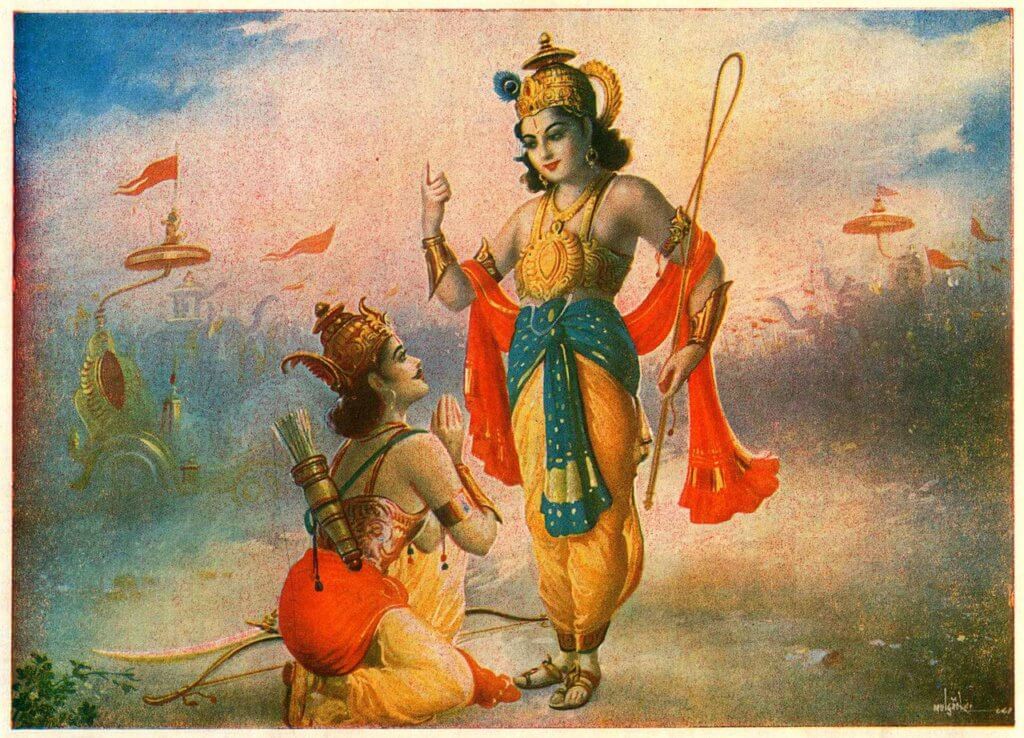
YOGA – The principles of pure soul in Bhagavad-Gita
HSF1303 – (C.P.H.S – Elective Course) “YOGA – The principles of pure soul in Bhagavad Gita” is the last part ... Read More
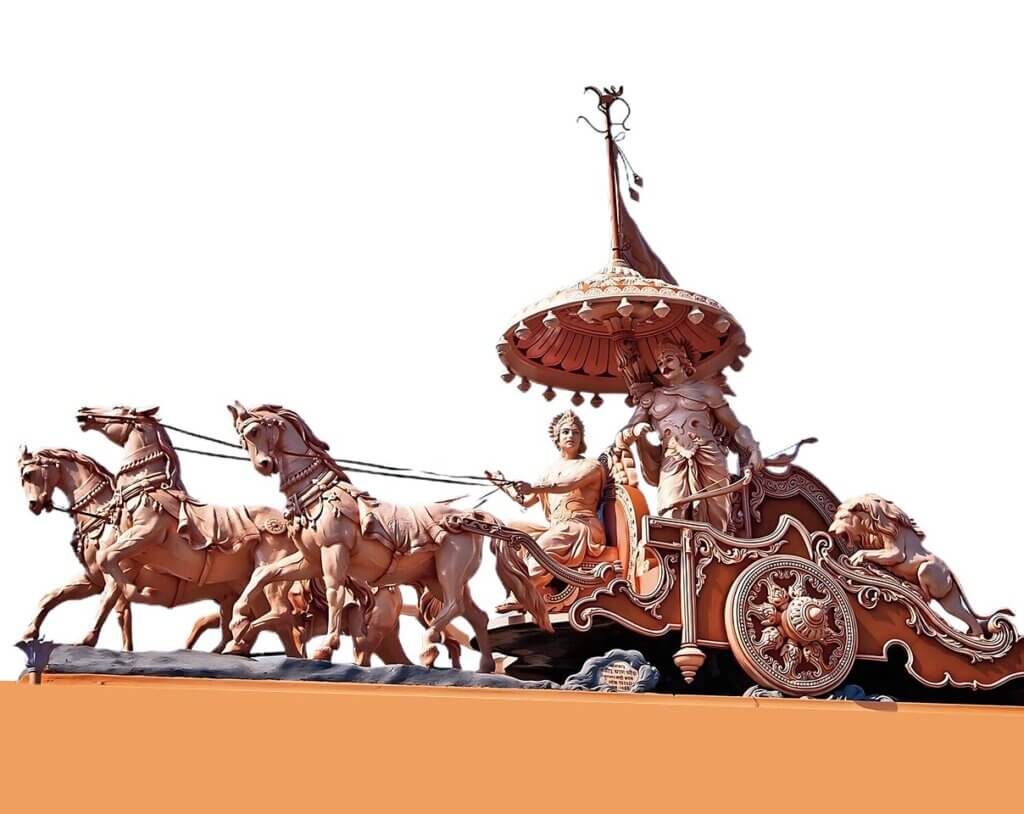
BODHAK – The Gita Vidya Teacher Training
HSF1304 – (CPHS – Elective Course) “BODHAK – The Gita Vidya Teacher Training” is the first of a four-part series ... Read More
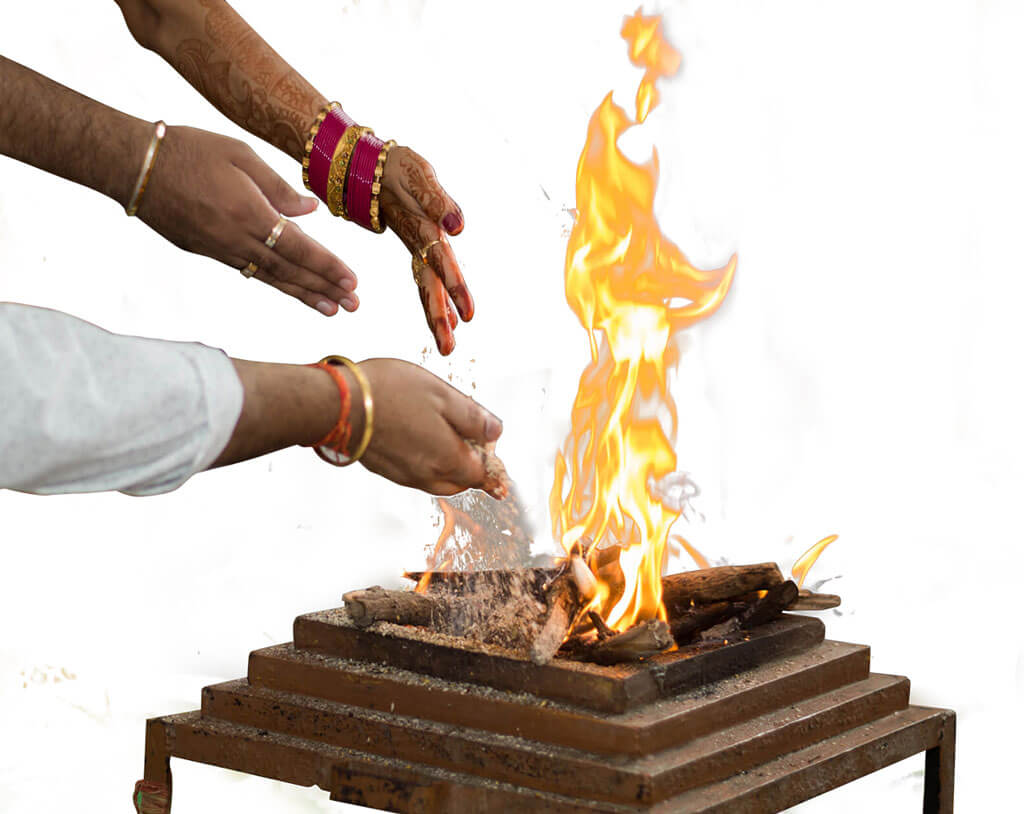
Introduction to the Vedic Ritual
HSF1401 – (CPHS – Core Course) Ritual is the laboratory where the mind is purified, settled, and prepared for higher ... Read More

Introduction to Hindu Philosophy: Shad Darshanas
HSF2001 – (CPHS – Core Course) This course will introduce the student to the six traditional perspectives of Hindu Philosophy, ... Read More
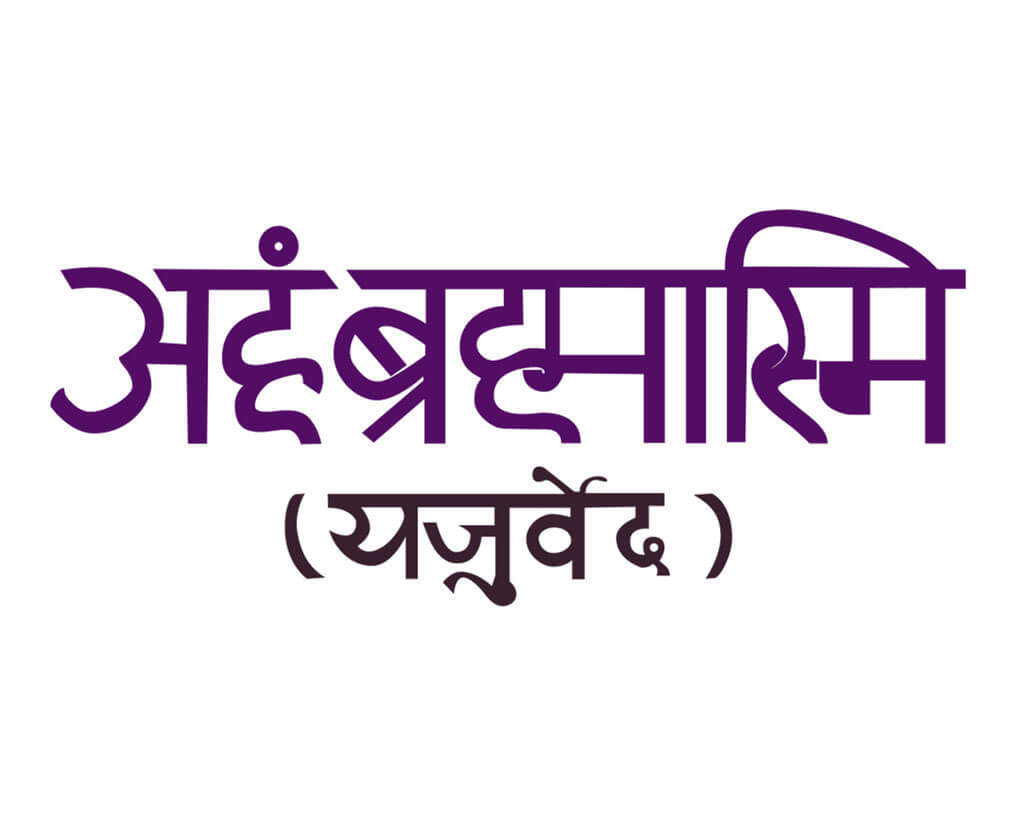
Introduction to Upanishads – Part 2
HSF2003 – (CPHS – Core Course) Upanishads form a strong philosophical foundation in the development of Hindu philosophy and culture. Introduction to ... Read More
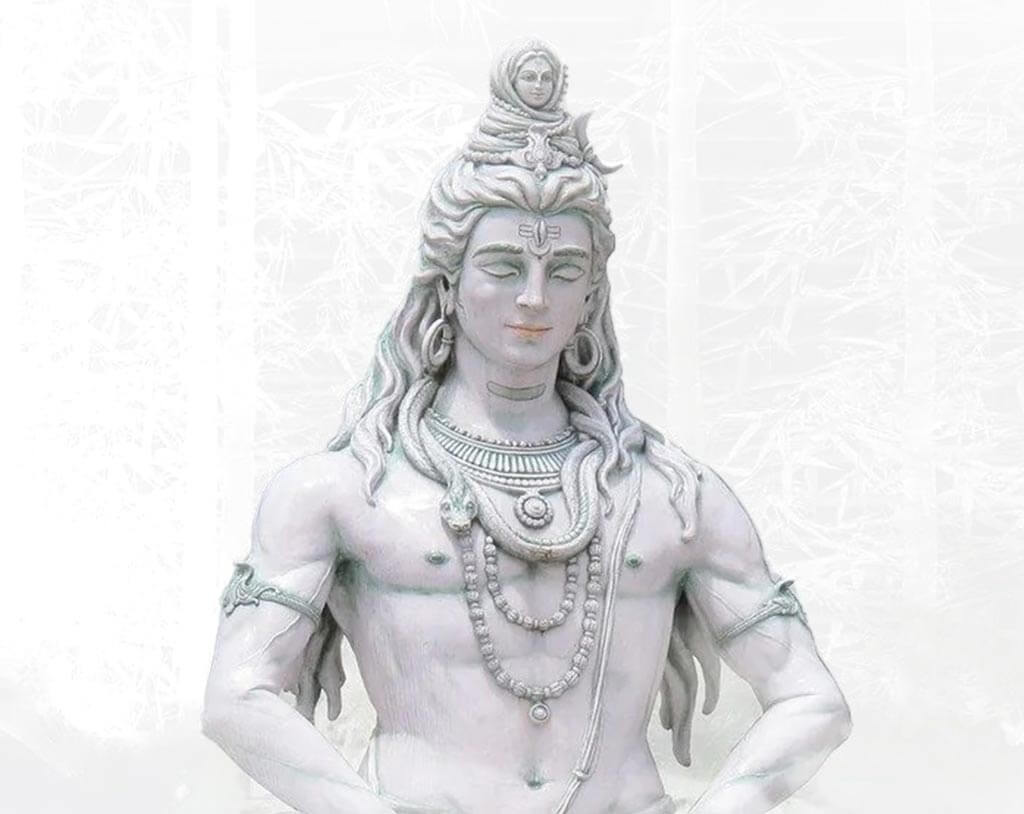
Dhyaanam – Meditation and the Meditator
HSF2101 – (CPHS – Core Course) Living in the contemporary world includes navigating conflicts at the level of family, work, ... Read More
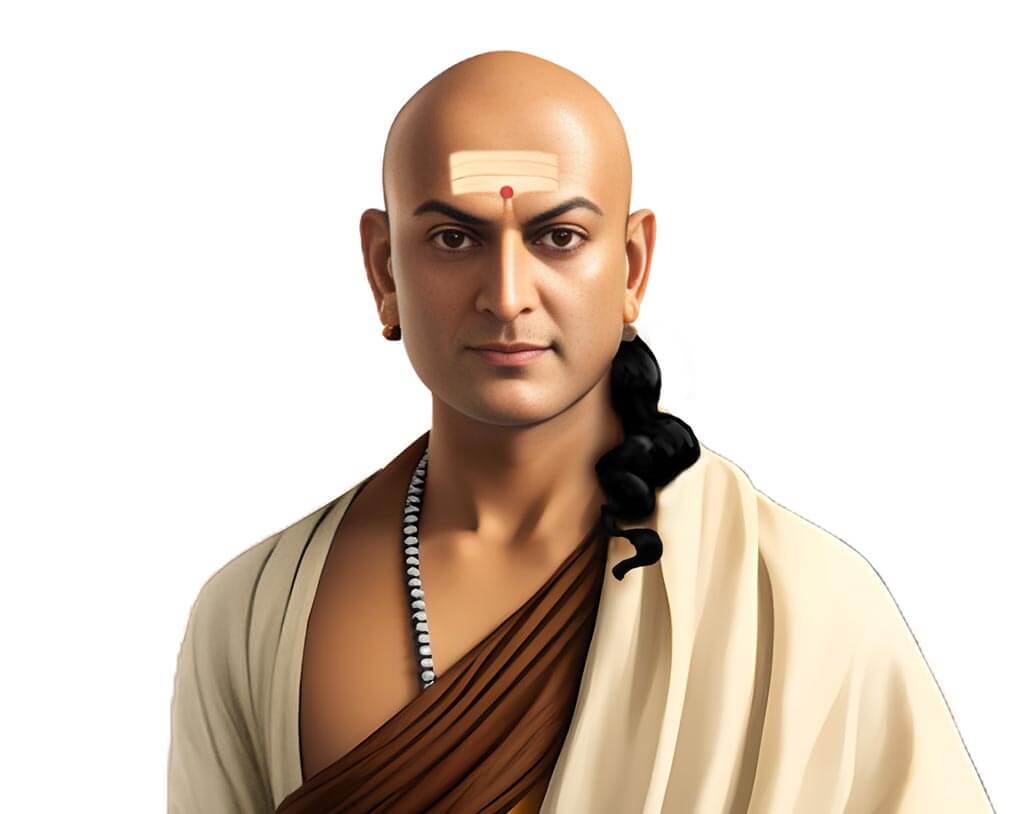
Chanakya’s Leadership Principles for the 21st Century
HSF3401 – (CPHS – Elective Course) This Course is divided into 3 sections: Leadership, Management and Training. It is based ... Read More
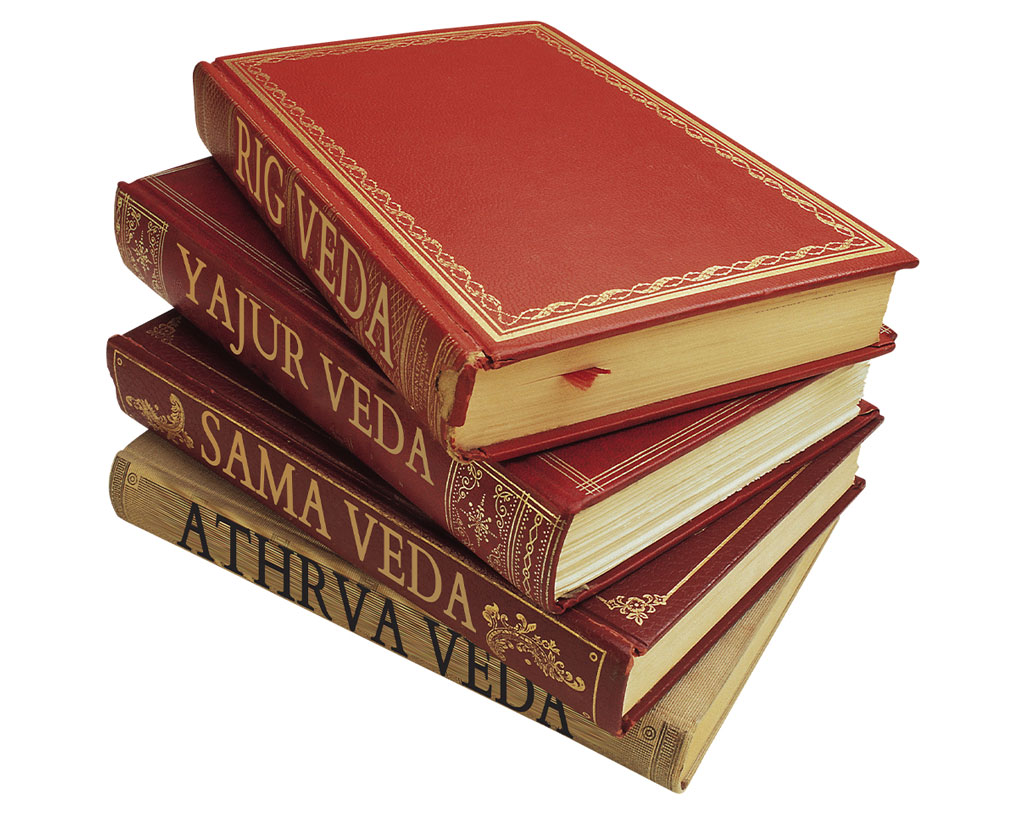
Understanding the Vedas
TAT3205 - (CPHS - Elective) The Vedas are known as the oldest books of wisdom of the world. They are ... Read More

Ayurveda – Advanced Nutrition
TAT1104 – (CPHS – Elective Course) Ayurveda – Advanced Nutrition is an experiential training course in Ayurveda Diet & Nutrition ... Read More

Ayurveda – Essential Nutrition
TAT1103 – (C.P.H.S – Elective Course) In our contemporary era, concern for the prevention of disease is neglected in favor ... Read More
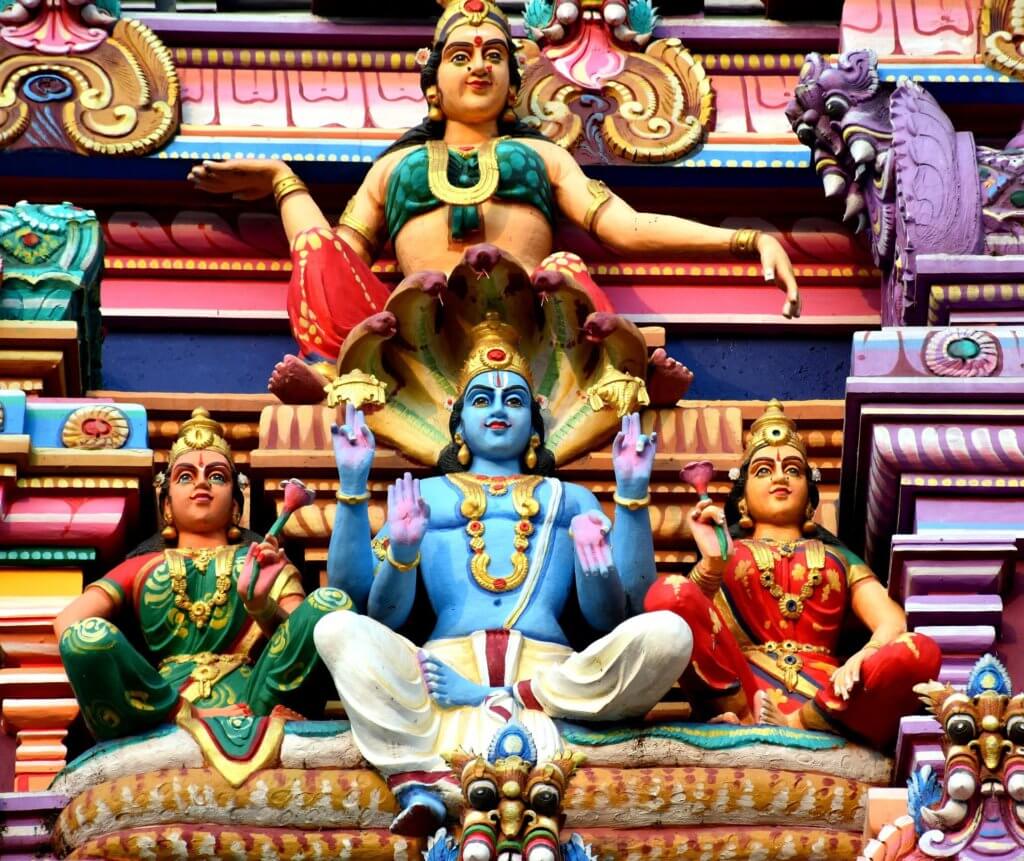
Vishnu Sahasranama Stotram
TAT1301 – (CPHS – Elective Course) This course on Vishnu Sahasranama stotram, will prepare students to chant the slokas with ... Read More
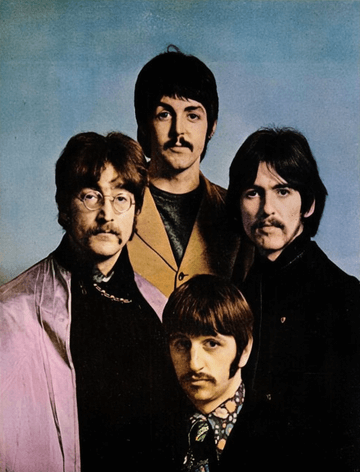
Across the Universe: Hindu Dharma and Western Creative Arts
TAT2100 – (CPHS – Elective Course) This course is both a celebration and a deep analysis of artists who opened ... Read More
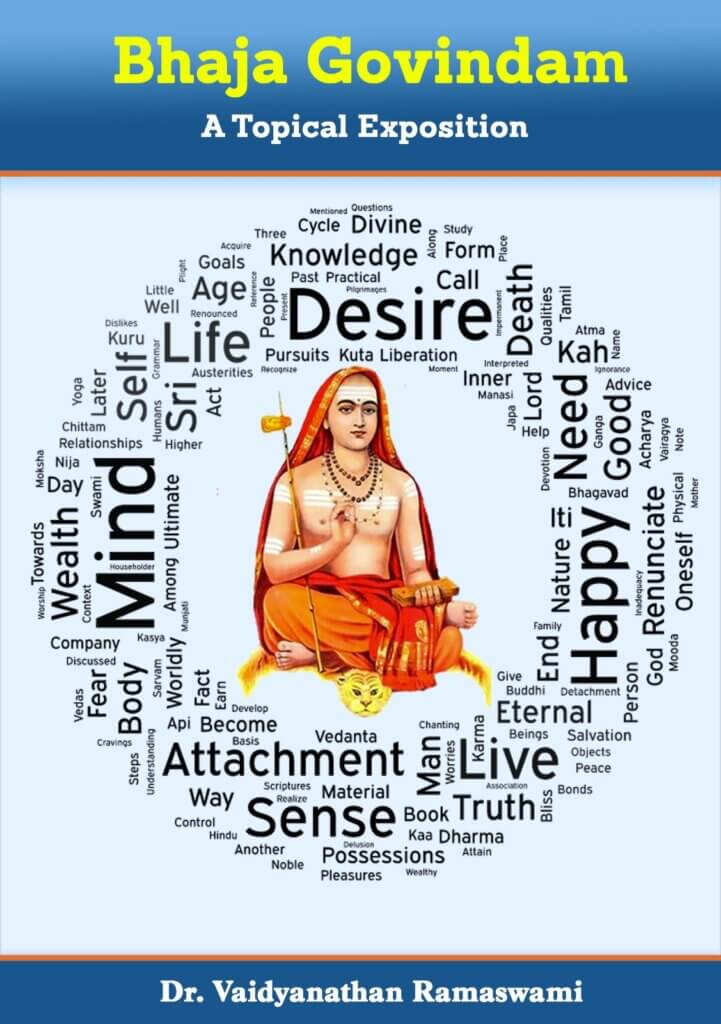
Bhaja Govindam – A Topical Approach
TAT1302 – (CPHS – Elective Course) In this course, students will learn Bhaja Govindam with its verses re-organized around some ... Read More
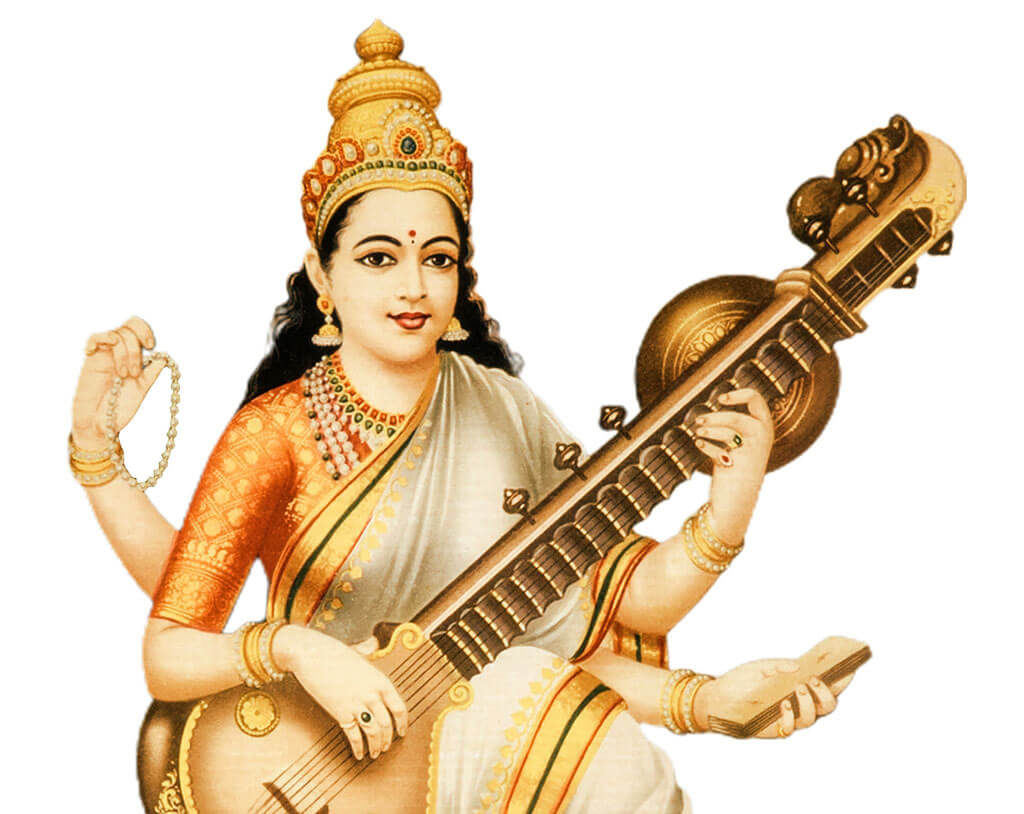
The History of Shastriya Sangeet
TAT3102 – (CPHS – Elective Course) Hindu Musical Traditions (Shastriya Sangeet traditions) are ancient and diverse. This course takes students ... Read More

Singing Bhakti Music: From Saints to Synthesizers
TAT2200 – (CPHS – Elective Course) This course will provide students a practical introduction to the musical tapestry of Bharat ... Read More

GNANA – The principles of sound mind in Bhagavad-Gita
HSF1302 – (C.P.H.S – Elective Course) GNANA – The principles of sound mind in Bhagavad-Gita is the second part of ... Read More
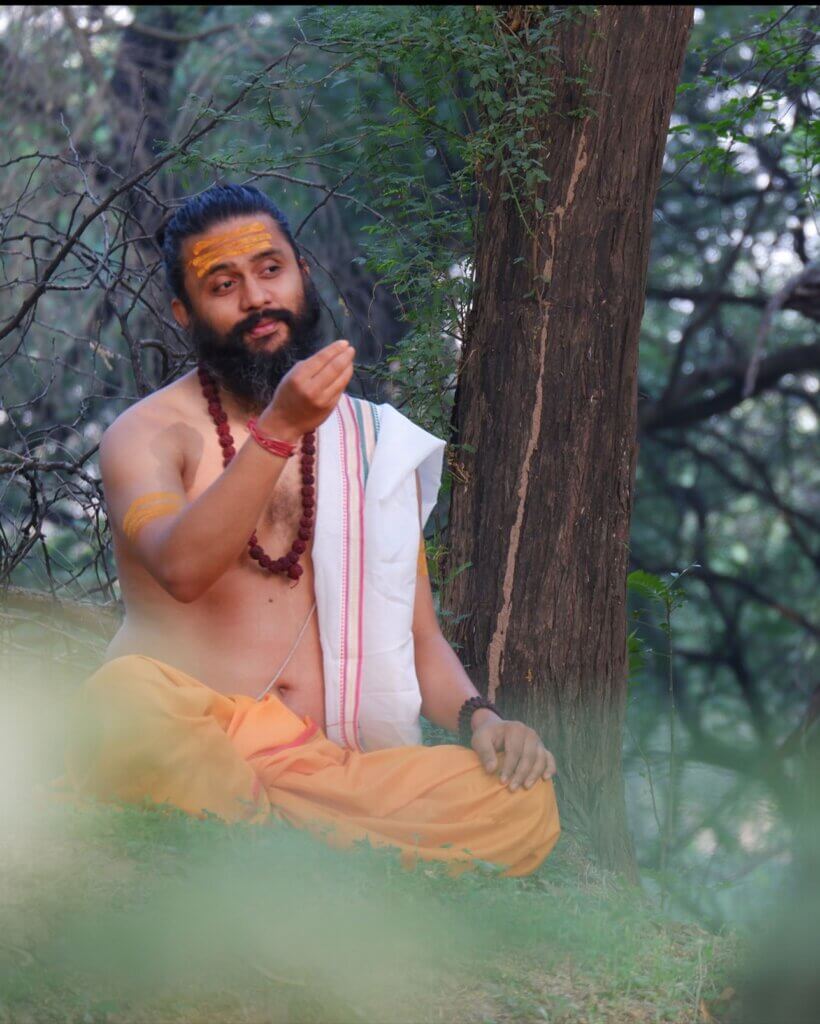
Vedantasara of Sadananda Part 2
TAT3204 – (C.P.H.S – Elective Course) In this second part of the course, Students will inquire into some of the ... Read More
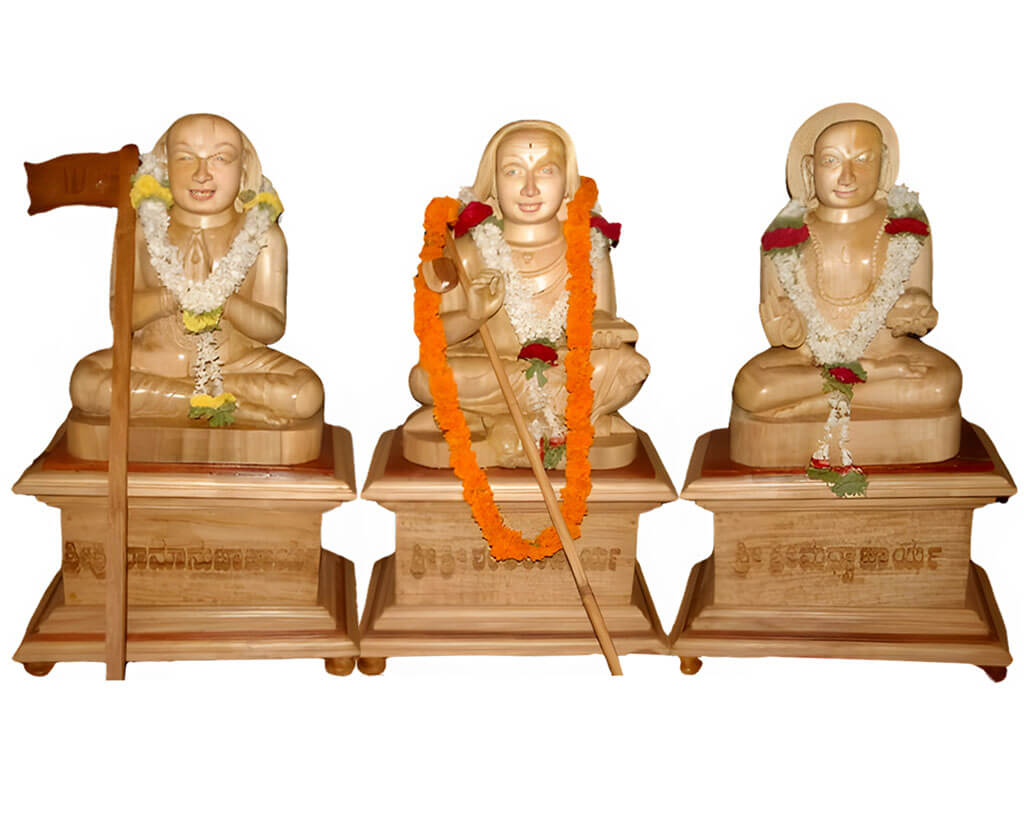
Advaita, Visistadvaita, Dvaita – The three flavors of Vedanta Sastra
TAT4001 – (CPHS – Core Course) Hindu Thought provides for the simultaneous co-existence of varied perspectives on the nature of ... Read More
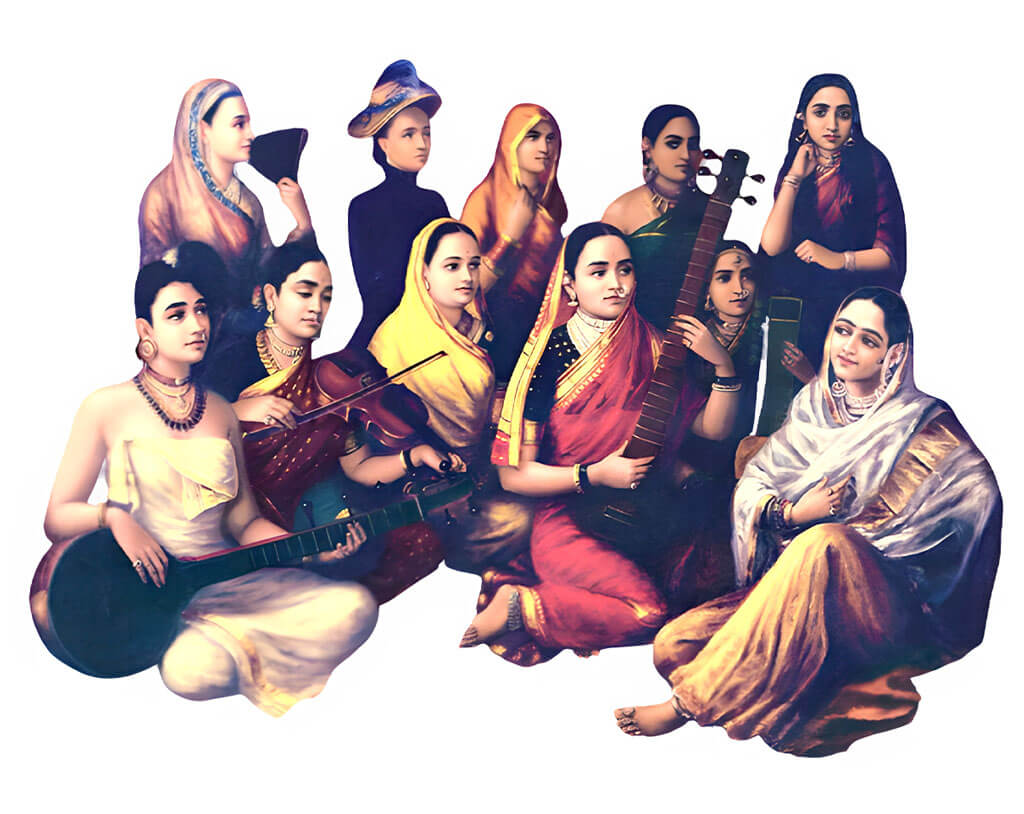
Women in Hinduism
HSF4100 – (C.P.H.S – Core Course) This course, “Role of Women in Hinduism” will introduce students to women’s roles and ... Read More
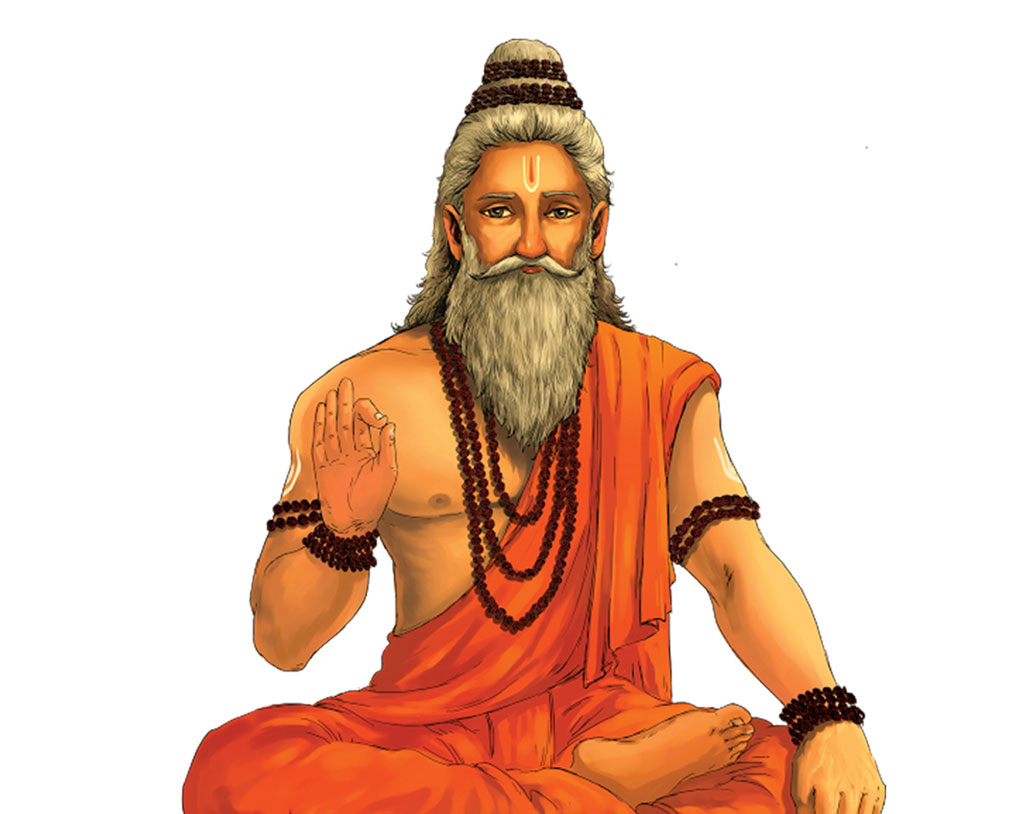
Nyaya Darshana Part – 1
TAT3206 - (CPHS - Elective) This Course is the first of the two-part course sequence that introduces Nyaya Darshana of ... Read More
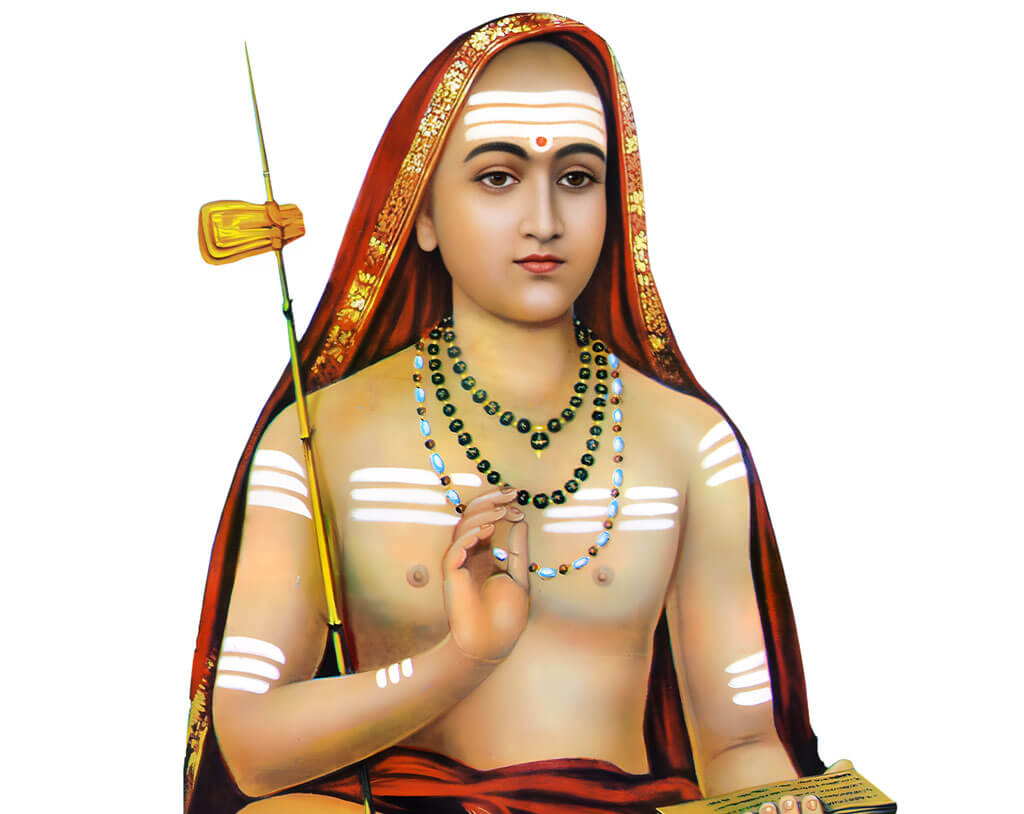
Adhyasa bhasya of Adi Sankara
TAT4000 – (CPHS – Core Course) This course will unfold the adhyasa bhasya, considered perhaps to be the magnum opus ... Read More

IsA-vAsya Upanishad – The Three Vedantic Perspectives
TAT4003 - An overview of three commentaries on the IsA-vAsya Upanishad is the main topic of this course. IsA-vAsya Upanishad ... Read More

The Yoga of the Bhagavad Gita
YOG2001 – (CPHS – Core Course) This Course takes the Students into a Journey of Exploration of Yoga as enunciated ... Read More
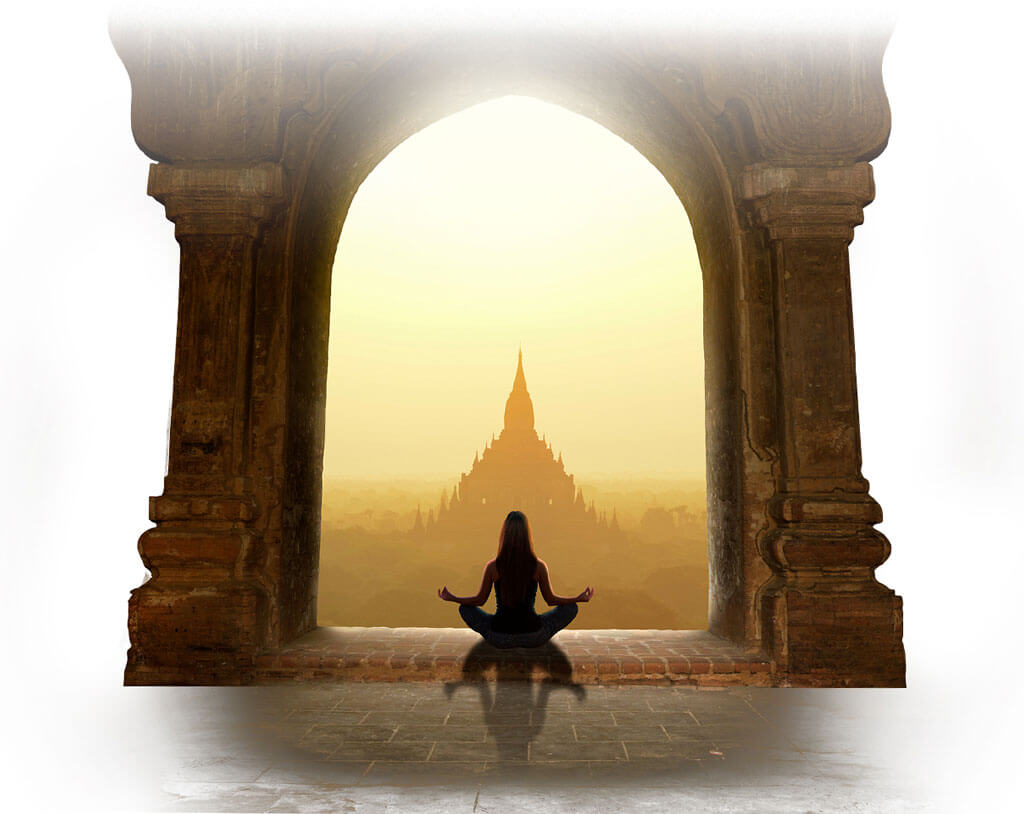
The Yoga of Mahabharata
YOG3100 – (CPHS – Elective Course) This course is designed to use the itihasa-purana Mahabharata as a mirror to discover ... Read More
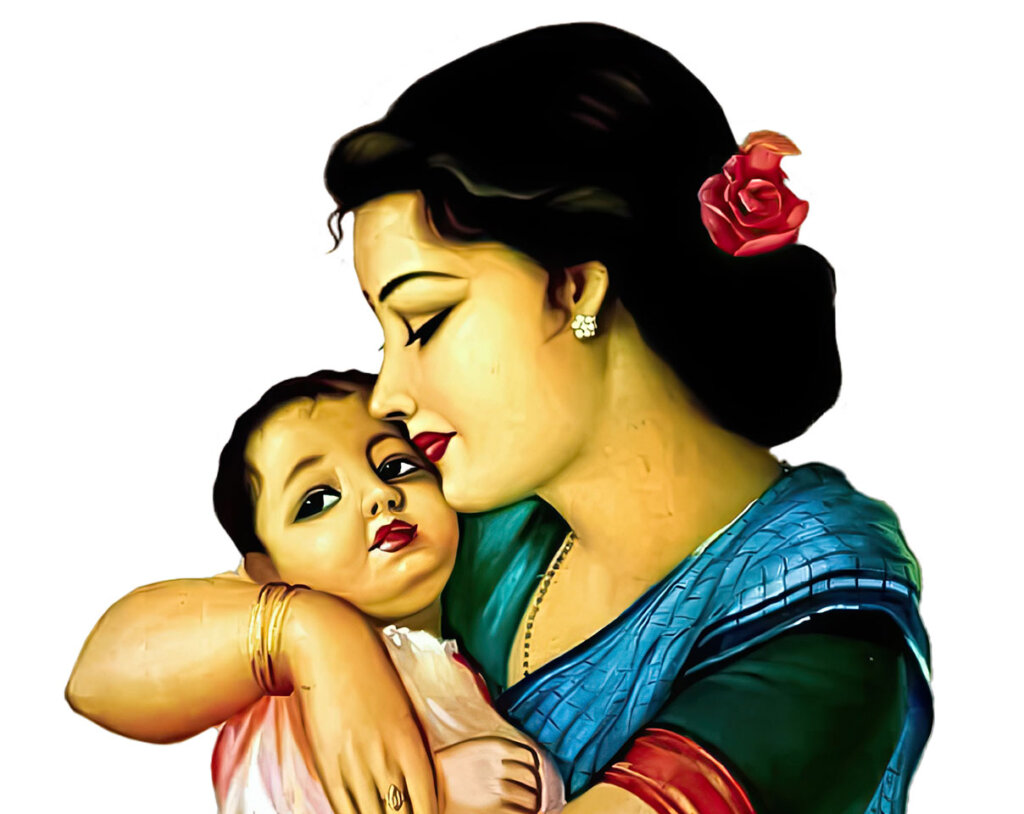
The Yoga of the motherhood
YOG3300 – (CPHS – Elective Course) The Yoga of Motherhood is a transformational pathway for mothers to learn how to ... Read More
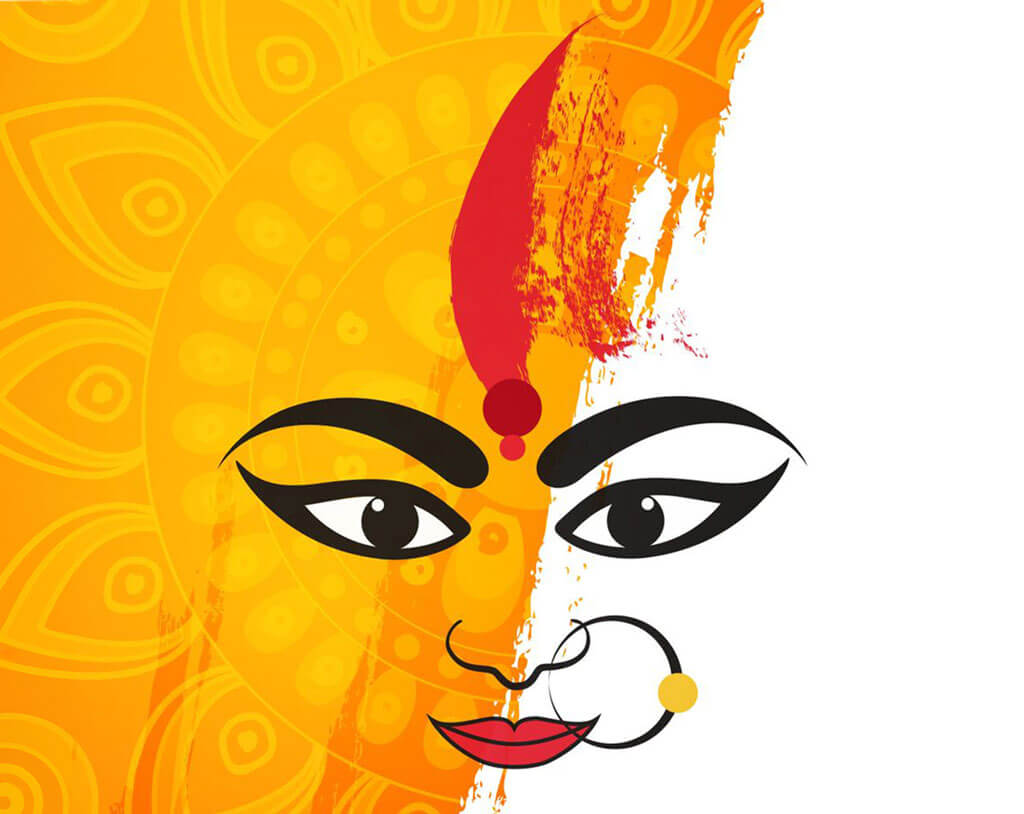
Mother Womb – Engaging the Divine Feminine
YOG3301 - This course will guide students on a journey of empowering and healing themselves through engaging with the Divine ... Read More

Chakra Healing
YOG2201 - This Chakra Healing Course that explores the significance of Yoga Chakras and its relationship to our body, its ... Read More
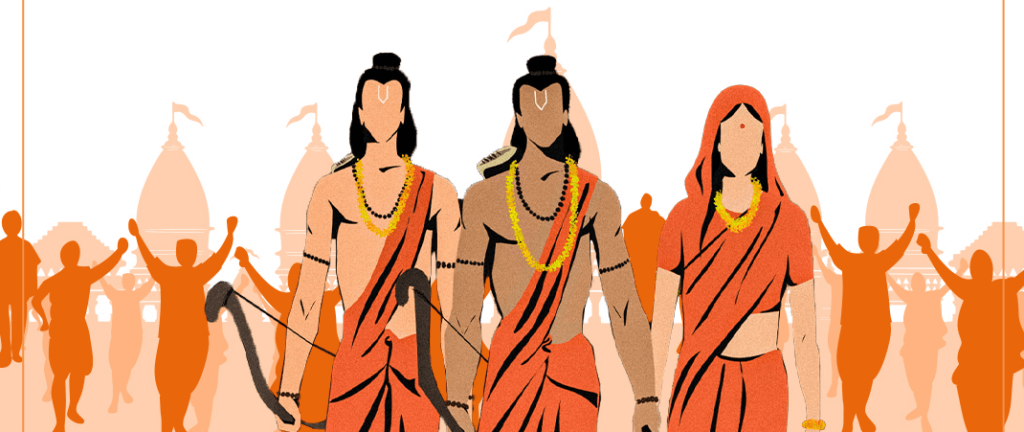
Discover Dharma – A Study Tour in India
HSF5011 – Discover Dharma – A Study Tour in India is a unique course that brings together an exploratory journey ... Read More
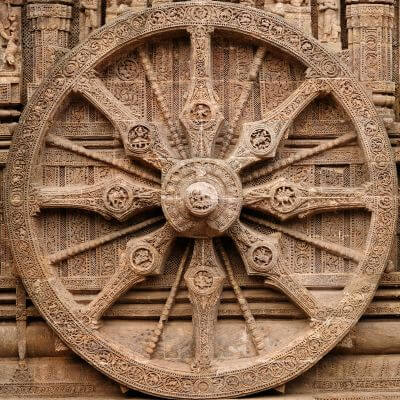
Certificate Program in Hindu Studies
Program Code: CPHS Course Codes: 5000 – 6000 Credit Hours: 24 quarter credit hours Duration: 2 years (full time) Express ... Read More
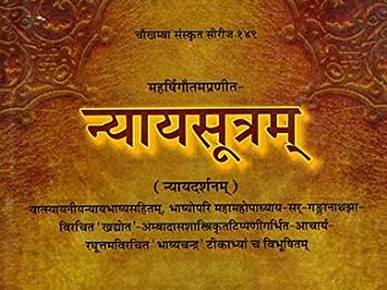
Nyaya Darshana Part – 2
TAT3207 - (CPHS - Elective) This Course is the Second of the two-part course sequence that introduces Nyaya Darshana of ... Read More
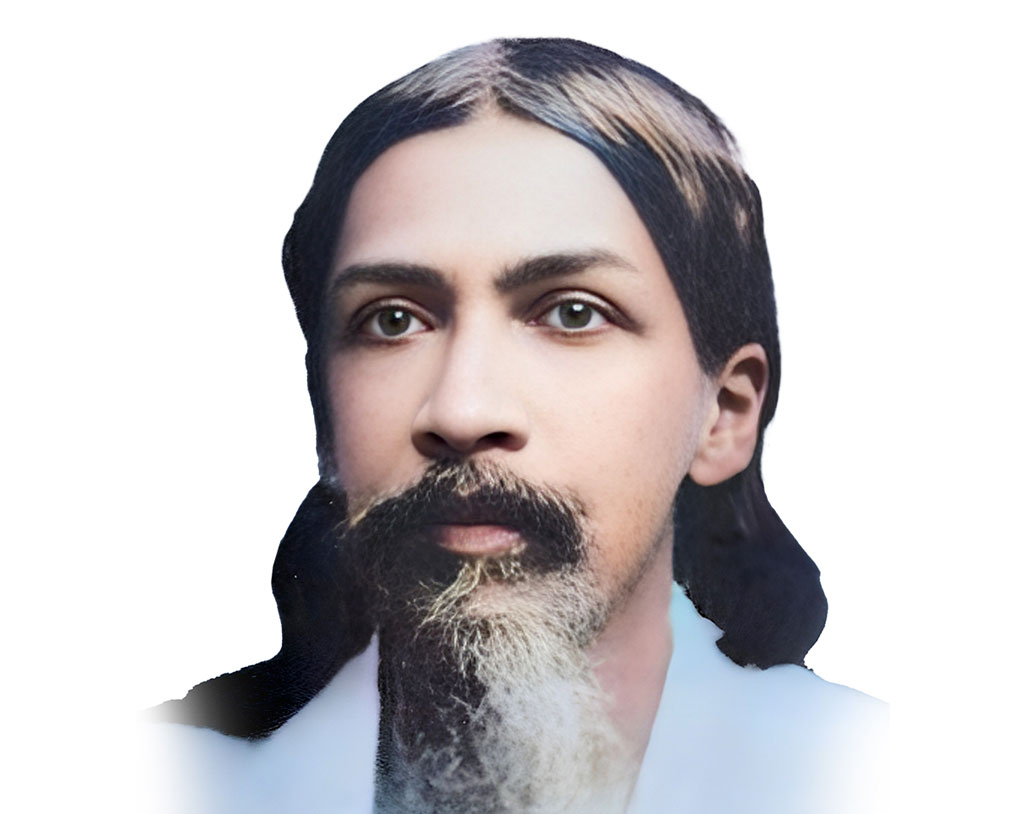
Sri Aurobindo and Sanatana Dharma
HSF3104 - (CPHS – Elective Course) More than any one single figure, Sri Aurobindo prophesied that the renaissance of Sanatana ... Read More

Ayurveda – The Wisdom of Wellbeing
TAT1101 - (C.P.H.S - Core Course) This foundational course is designed to make the timeless wisdom of Ayurveda accessible to ... Read More

Distortions in Indian Historiography
HAM4301 - This course traces the distortions in the historiography of medieval and modern India, discernible since the Independence of ... Read More
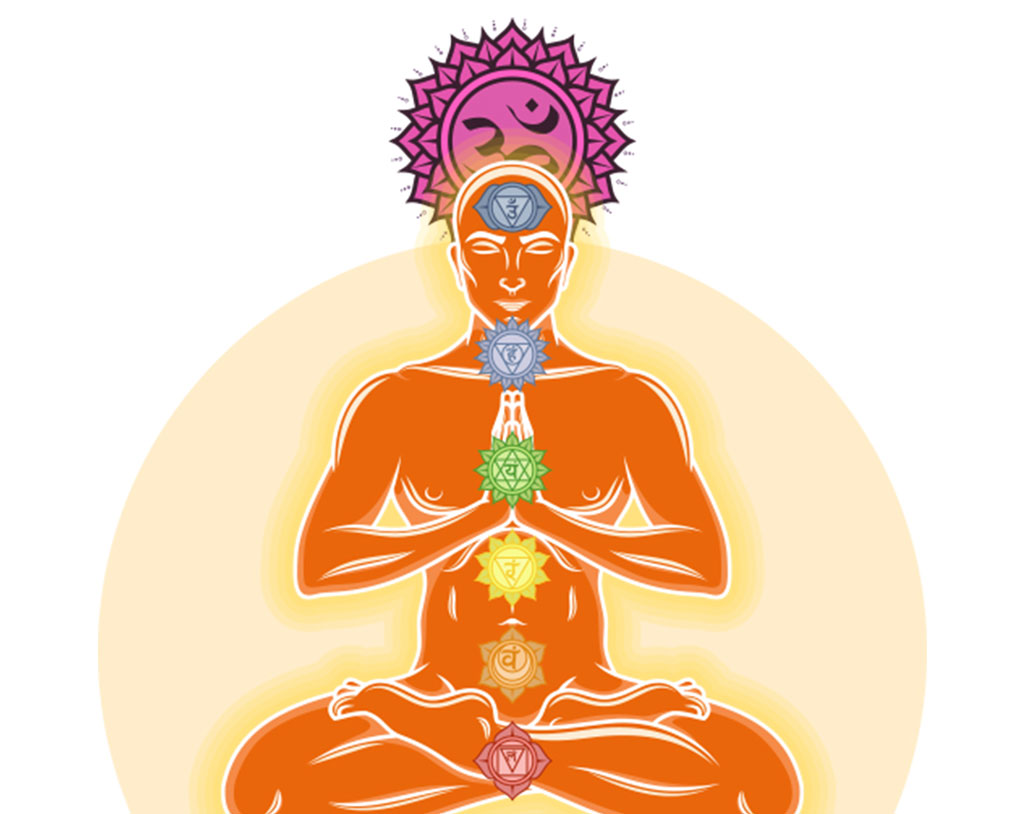
The Yoga of the Yoga Sutras
YOG2002 - (CPHS - Core Course) The Yoga of the Yoga Sutras course takes the students into a journey of exploration ... Read More
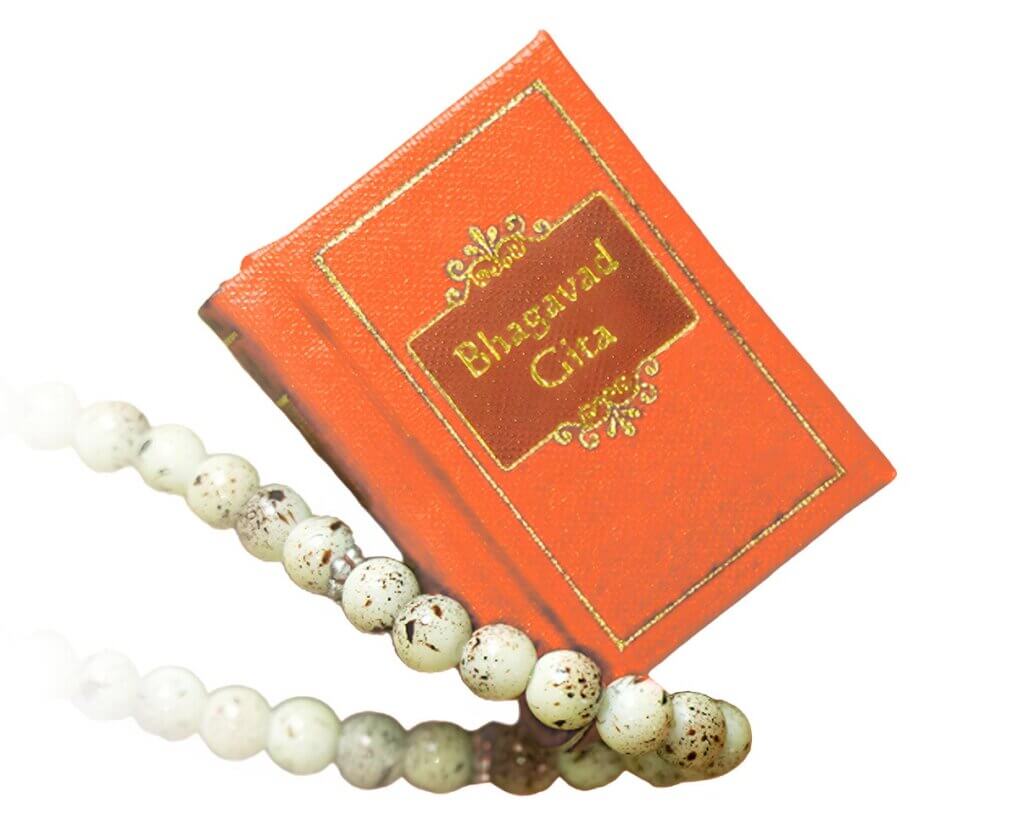
DEHA – The principles of sound body in Bhagavad Gita
HSF1301 - (C.P.H.S - Elective Course) “DEHA principles of sound body in Bhagavad Gita” is the first part of a three-part ... Read More
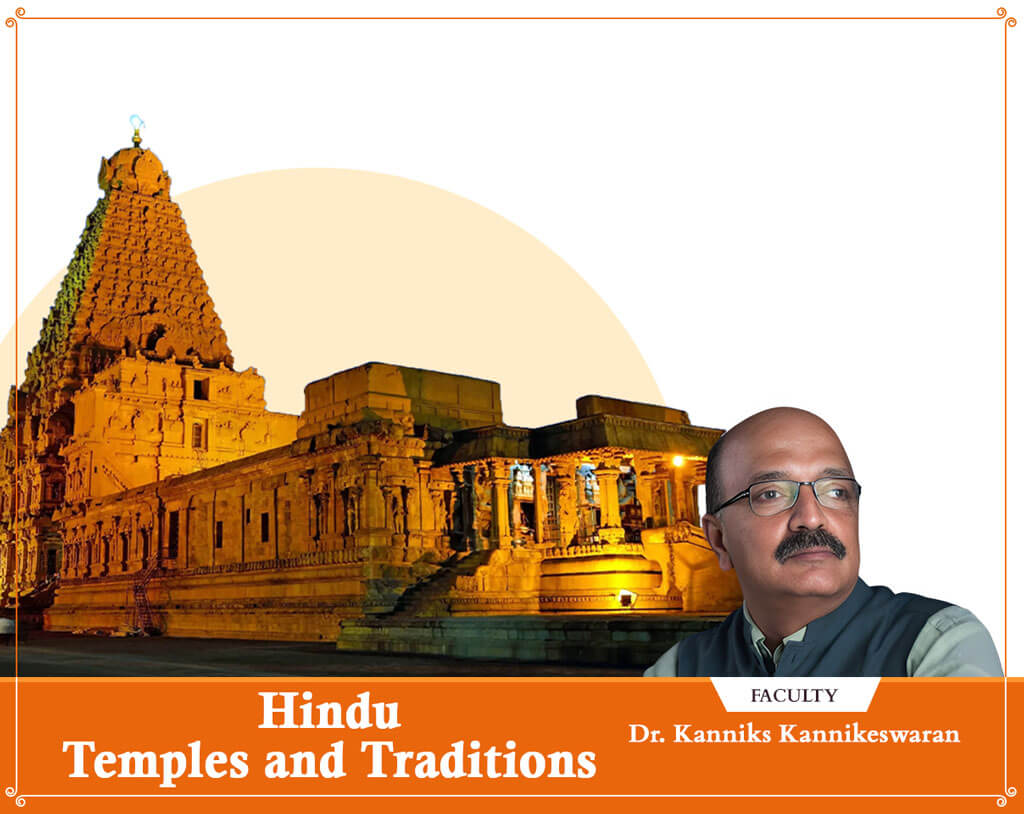
Hindu Temples and Traditions
TAT3104 - (CPHS - Core Course) Hindu temples and traditions occupy an important place in the Hindu mind, both in India ... Read More
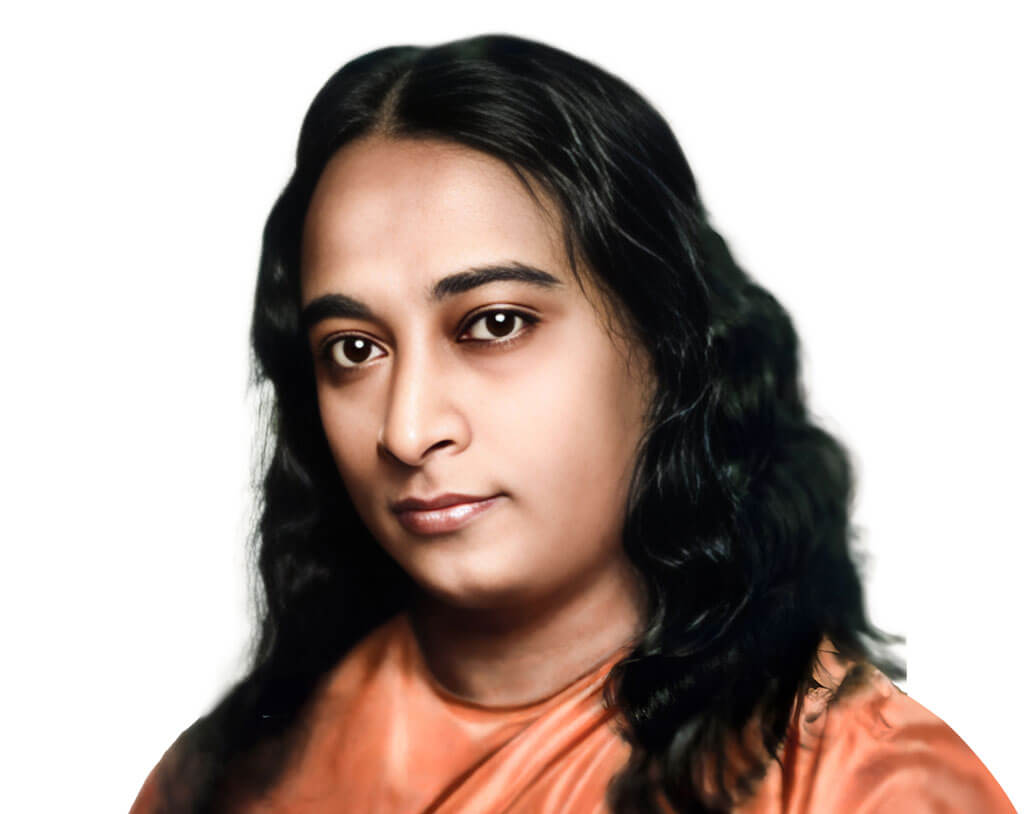
An Immersive exploration of the iconic “Autobiography of a Yogi”
YOG2100 - (C.P.H.S - Elective Course) Of all the books that spread Hindu dharma beyond India, none has had as ... Read More
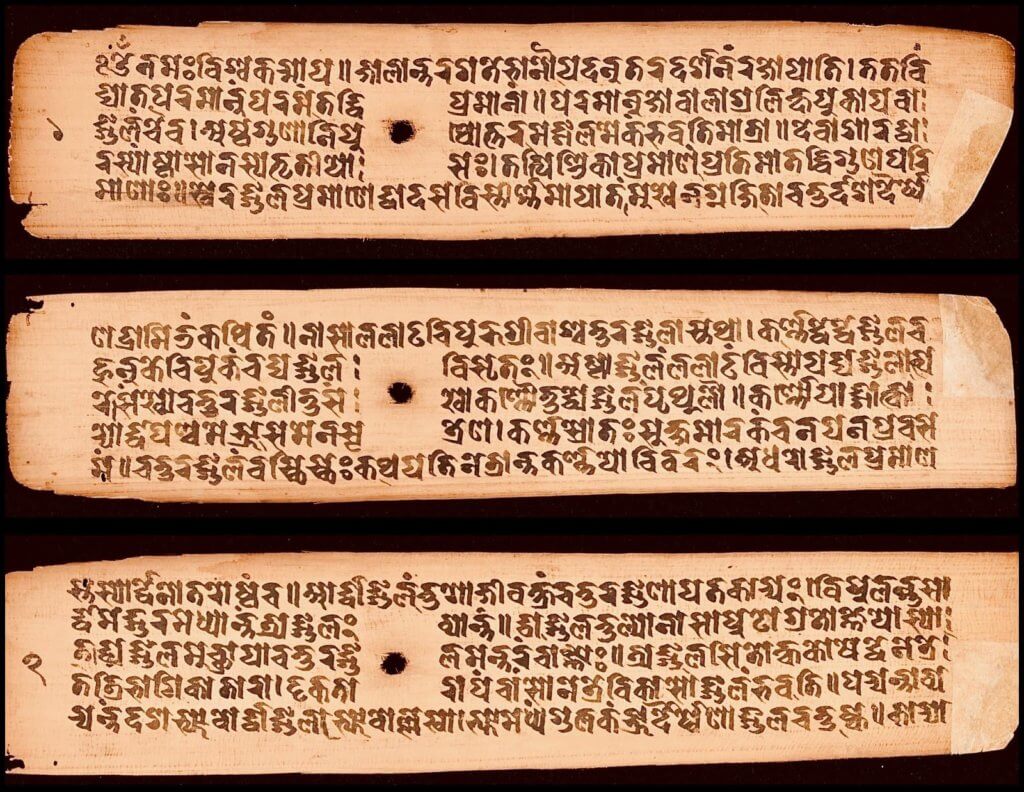
Upanishadic Dialogues – I: The Chandogya Upanishad
HSF3001 - (C.P.H.S - Elective Course) This course will explore the metaphysics of Hindu Philosophy through a detailed analysis of ... Read More
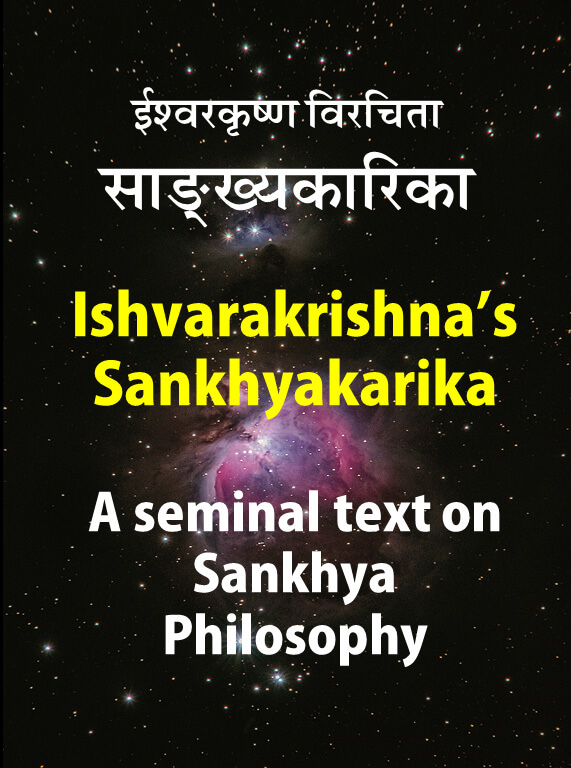
Sankhya Darshana through the Sankhya Karika – Part I
TAT3201 - (C.P.H.S - Elective Course) This Course is the first of a two-part course series presenting an in-depth exploration ... Read More

Ramayana for Excellence in Management and Leadership
HSF3301 - (CPHS - Elective Course) This course aims to introduce Srimad Ramayana as an important literature in teaching and ... Read More

Sankhya Darshana through the Sankhya Karika – Part 2
TAT3202 - (C.P.H.S - Elective Course) This Course is the Second of a two-part course series presenting an in-depth exploration ... Read More
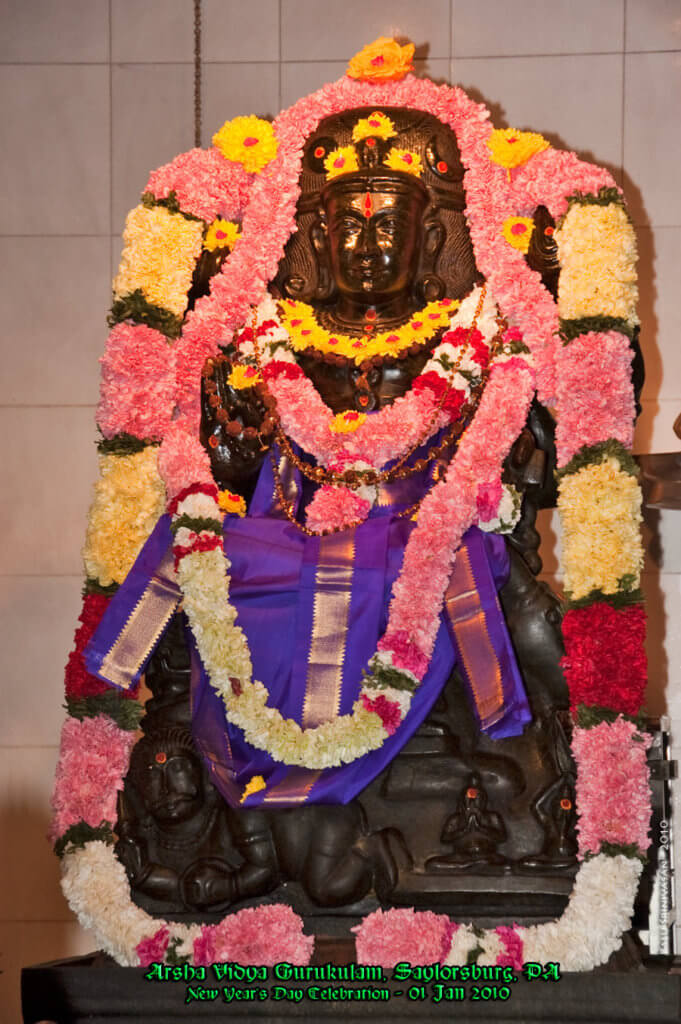
Daksinamurtistotram by Adi Sankara
TAT3001 - (C.P.H.S – Elective Course) This course will unfold the Dakṣiṇāmūrtistōtram systematically verse by verse, drawing upon where necessary ... Read More
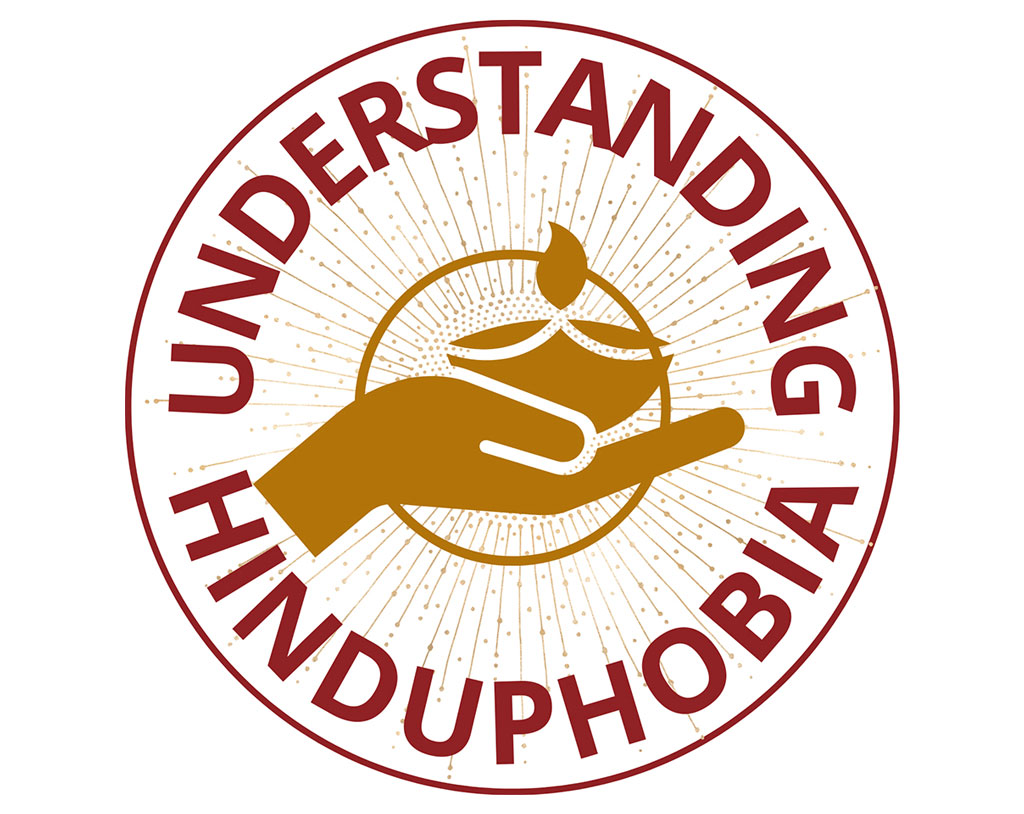
Understanding Hinduphobia
HSF2201 - (C.P.H.S – Core Course) Understanding Hinduphobia course serves as a starting point for those who are interested in learning ... Read More
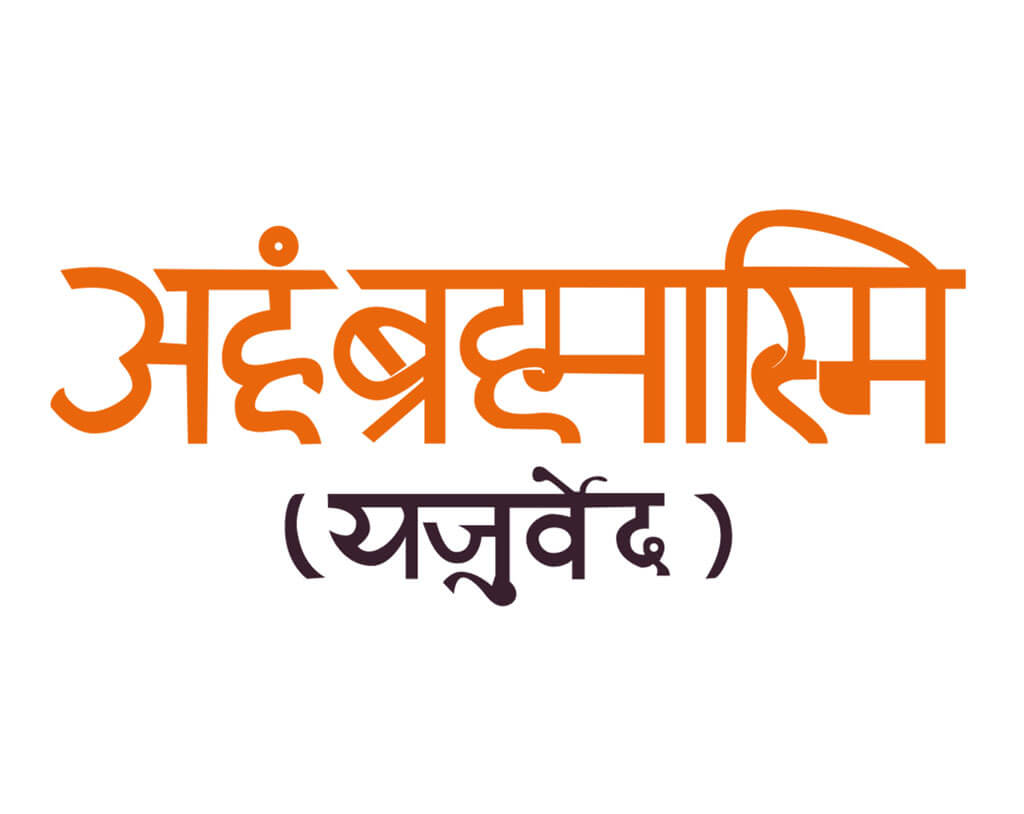
Introduction to Upanishads – Part 1
HSF2002 - (CPHS – Core Course) Upanishads form a strong philosophical foundation in the development of Hindu philosophy and culture ... Read More

Gita Vidya Teachers Training Certificate
The Gita Vidya Teachers Training Certificate (GVTC) is a 4-quarter, 6 Credit-hour leisurely paced, exploration of the about 140 carefully ... Read More
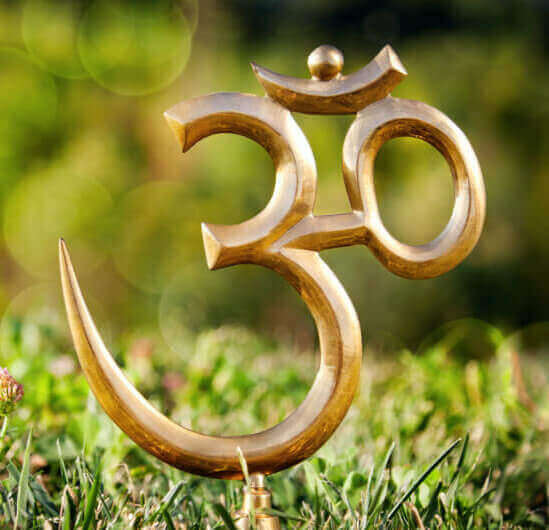
Orientation to Hindu Studies
HSF5000 - (CPHS Required Course) This Course is an important point of entry into the entire curriculum offered by Hindu ... Read More
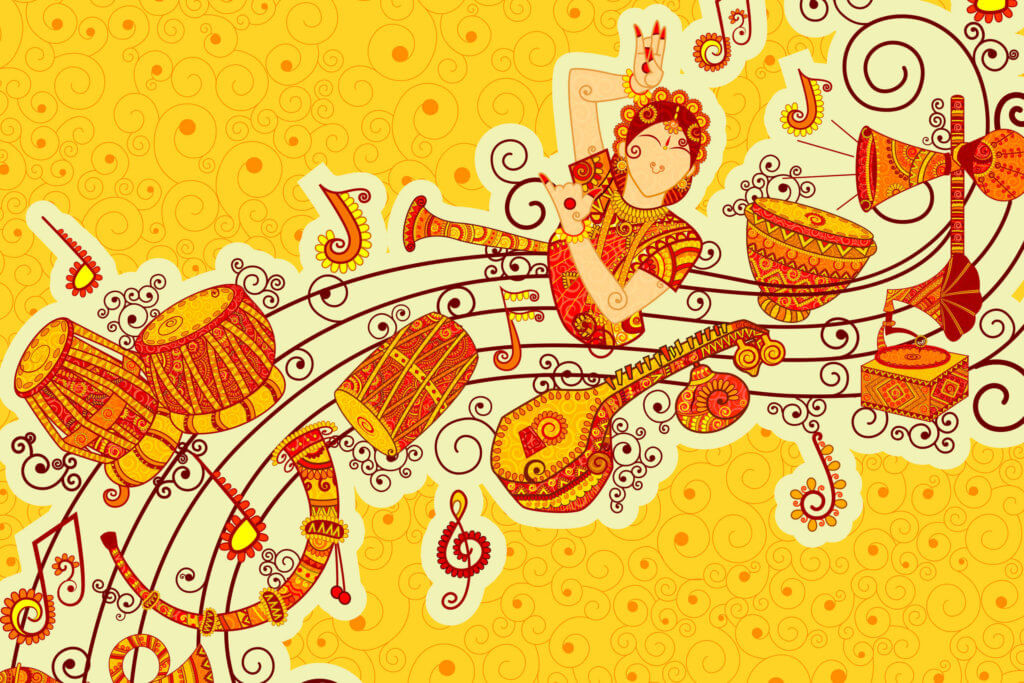
Indian and Western Music Traditions – A Comparative Study
TAT3103 - (C.P.H.S – Elective Course) This course is the first of a three-part course sequence in the Hindu Musical Traditions ... Read More

The Dharma of Global Sustainability
CPS2001 – (C.P.H.S – Elective Course) This course explores the impact of ancient Vedic Wisdom on the modern questions of ... Read More

The Yoga of Global Transformation
CPS2002 - This course explores how humanity can meet the ever-pressing challenge of global sustainability, that we all confront collectively ... Read More
The Certificate Programs in “Shuddh Hindi” Proficiency (CPSH) is a 16-quarter, 24 Credit-hour leisurely paced exploration of the Hindi language in its purest form without any influence from other non-Indian languages. It prepares beginning students, i.e., with no prior fluency or knowledge of Hindi, to achieve a level of proficiency with the Hindi language.
At Hindu University of America, Hindi is approached as the most popular language of India that informs and enlivens a civilization and culture, its wisdom and worldview, its philosophy and spirituality. At HUA, taking Shuddh Hindi up as a living language, the “Certificate Program in Shuddh Hindi” focuses on several dimensions of the Hindi language including reading, writing, speaking, listening, understanding, grammar, and even singing.
Accessing Hindi in its purest form will enable students to access the vast corpus of Hindi Texts directly, without translations or intermediation, as well as conversational Shuddh Hindi, i.e., the ability to speak fluently and comprehend easily. The Certificate Program in Shuddh Hindi (CPSH) is a foundation for students of all ages ranging from High School (ages 14+) onwards.
There is a great joy associated with mastering a new language, regardless of what that language is. Every new word acquired gives rise to a new sense of accomplishment, and as students successfully memorize vocabularies, acquire the rules of grammar, and start to form full sentences, each is a milestone achievement akin to leveling up in a game.
Every quiz and test completed successfully can stimulate a self-perpetuating virtuous cycle, leading the student on to further accomplishment. When that language being acquired is Shuddh Hindi, the joy of learning is multi-fold, because it provides direct access to the master-key of the most popular language of the India, to the texts and narratives of its rich traditions of dharma, yoga, jnana, art, music, dance, songs, and the various cultural and spiritual traditions.
Hindi is the second most spoken language in the world after Mandarin Chinese. It’s estimated that nearly half a billion people worldwide speak this wonderful language. It is an ancient language that has not only had a tremendous impact on world history but continues to have a tremendous impact on the world today. It has a direct line of evolution to Sanskrit.
As such it is part of one of the oldest religious and literary traditions in the world – traditions that have influenced other religions and works of art, whether we realize it or not. Hindi is incredibly important in the historic development of the world’s cultures and well worth not just honoring, but studying. Anyone with an interest in world history or languages would do well to do a little bit of intense reading on the subject of Hindi.
India is also a rising power in the world. It still struggles with poverty on a medium scale, but there is every indication that India is emerging as an economic powerhouse. If nothing else, its huge population means it is a market that no global business can hope to ignore, and India has additionally signaled clearly its desire to establish itself as a regional superpower. This all means that one can expect India to have a larger and larger impact on the world in both political and artistic arenas – making Hindi more and more important as we move forward.
From science to commerce and business to various multimedia, India is becoming a viable world economy with increasing interest in the world. Finally, it might surprise some people to know that India has the second largest and most successful film industries in the world. Indian cinema has a distinct flavor and has contributed many innovations to the world of film. Any student of global culture – or any students of cinema owe it to themselves to experience some of these amazing films.
In order to truly appreciate them in their original glory, some knowledge of Hindi would be helpful. Knowing something of Hindi immediately opens up literally thousands of films to your experience – films that have had a tremendous cultural impact in India and beyond. Hindi, although misinterpreted as one of our oldest and most complex languages, is indeed a language that is still vital to our culture and is evolving today.
Indian songs and hymns have been adapted and used by various popular rap and pop music artists. Bollywood as it is called the film industry following Hollywood. Indian music becomes influential with audiences not only in the United States but also with the rest of the world.
Certificate Programs in Shuddh Hindi (CPSH)
Targeted for beginning students with a passion to learn a new language, and those who are keen to engage with the texts and literature of the Hindu and Indic world and its numerous derivative knowledge systems. No prior knowledge of Hindi is assumed, and the medium of teaching is mostly English to start with. As the students advance in their proficiency, the language of instruction will shift gradually to Hindi, at a pace that is comfortable and easy.
The 16-quarter Program of Study is structured in three successive phases as follows:
- Beginner Phase – 4 Quarters, 1.5-Credit hours each. This will add up to 60 hours of instruction and 120 hours of self-study.
- Intermediate Phase – 4 Quarters, 1.5-Credit hours each. This will add up to 60 hours of instruction and 120 hours of self-study.
- Proficiency Phase – 8 Quarters, 1.5-Credit hours each. This will add up to 120 hours of instruction and 240 hours of self-study.
Students are encouraged to commit to a complete phase of study, at any time, and stay the course for the full phase. Taking these courses, a la carte, without a commitment to a whole phase of study, will not be very valuable and therefore will be discouraged.
Learning Objective(s):
At the completion of the program of study, students will be able to achieve proficiency in the Shuddh Hindi language across the following six dimensions:
(a) Reading (i.e., alphabets, words, and sentences);
(b) Writing (Forming comprehensible sentences and paragraphs);
(c) Listening (Comprehending Shuddh Hindi speech when someone else is speaking);
(d) Conversing (Being able to speak grammatically accurate Shuddh Hindi in a way that others can comprehend the meaning);
(e) Grammar (The structure and technology of the language), and
(f) Comprehension (Being able to engage with complex sentences, both spoken and written, and discover their meanings without assistance.
At the completion of these 3 phases, students will have the option to take up further advanced studies in Shuddh Hindi through:
(a) the Master’s Certificate Programs, or
(b) the Master’s Degree in Hindi
In any case, students will be participating in a “Higher Education” ecosystem that supports and enables advanced learning in Hindu studies as well as Shuddh Hindi literary studies. Structured innovatively using the base curriculum and textbooks designed and published by other great Hindi authors and institutions, this Certificate Program will be based on books successfully used elsewhere.
However, there will be additional course materials used by HUA faculty to augment the studies. The sections that follow in this document describe the course outline for all 4 years (16 quarters) of study.
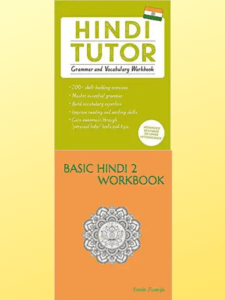
Certificate Program in Shuddh Hindi – Advanced Phase
Certificate Program in Shuddh Hindi - Advanced Phase is structured in the form of 8 quarters (2 years) sequence, 1.5 ...
$1,840.00
Select options

Advanced Shuddh Hindi – Advanced Drama and Grammar
HIN0404 - Study and comprehend advanced level drama, study, exercise, and apply advanced grammar. This course is the last part ...

Advanced Shuddh Hindi – Advanced Literature & Grammar
HIN0403 - Study and comprehend advanced level literature, study, exercise, and apply advanced grammar, trying to write a small essay about ...

Advanced Shuddh Hindi – Advanced Poetry and Prose
HIN0401 - Study and comprehend advanced level poetry, study and comprehend advanced level prose, study, exercise, and apply advanced grammar, ...

Advanced Shuddh Hindi – Biographies, Compositions, and Proverbs
HIN0304 - Study and comprehend more biographies, compose advanced level essays, Comprehend and use proverbs, engage in advanced level conversations ...

Advanced Shuddh Hindi – Stories and Biographies
HIN0303 -Study and comprehend contextual meanings in stories, Study biographies of eminent Indian personalities, Compose advanced level essays, Engage in ...
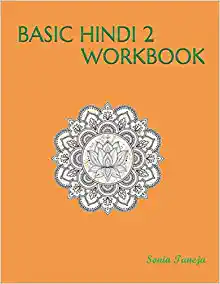
Advanced Shuddh Hindi – Advanced Poetry and Plays
HIN0302 -Study and comprehend advanced poetry and essyas, construct one-act dramas in a group environment, Engage in advanced level conversations [Discussions ...

Advanced Shuddh Hindi – Grammar, Letter-writing, and Compositions
HIN0301 - Write advanced level letters, compose advanced level essays, Engage in advanced level conversations. This course is the first ...

Certificate program in Shuddh Hindi – Intermediate Phase
Certificate Program in Certificate Program in Shuddh Hindi - Intermediate Phase is structured in the form of 4 quarters (1 ...
$900.00
Select options

Intermediate Shuddh Hindi – Conversations and Stories
HIN0204 - Comprehend and write the essence of stories, Comprehend and use more types of tenses, engage in intermediate level ...

Intermediate Shuddh Hindi – Poems, Stories, and Compositions
HIN0203 - Comprehend and write the purport of poems in original words, Answer questions based on poetry and prose extracts ...

Intermediate Shuddh Hindi – Adverbs, Infinitives, and Conjunctions
HIN0202 - Build a vocabulary of at least 1000 expressions in Hindi (nouns, pronouns, and verbs), Comprehend and recite simple ...

Intermediate Shuddh Hindi – Simple Poems and Letter-writing
HIN0201 - Build a vocabulary of at least 500 expressions in Hindi (nouns, pronouns, and verbs), Comprehend and recite simple ...
$300.00
Select options

Beginning Shuddh Hindi – Tenses, Genders, and Adjectives
HIN0104 - Build a vocabulary of at least 1000 words in Hindi (nouns, pronouns, and verbs), Comprehend and recite simple ...

Beginning Shuddh Hindi – Sentences & Comprehension
HIN0103 - Build a vocabulary of at least 750 words in Hindi (nouns, pronouns, and verbs), Comprehend and recite simple ...
$350.00
Select options

Beginning Shuddh Hindi – Words & Vocabulary
HIN0102 - Master the “devanAgarii” / Hindi script, Pronounce the Hindi letters correctly, by understanding the origin of each sound, ...
$320.00
Select options
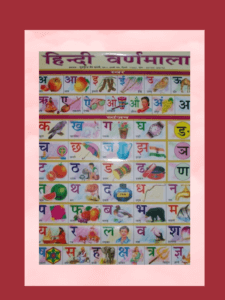
Beginning Shuddh Hindi – Script & Sounds
HIN0101 - Master the “devanAgarii” / Hindi script, Pronounce the Hindi letters correctly, by understanding the origin of each sound, ...

Certificate program in Shuddh Hindi – Beginner Phase
Certificate Program in Certificate Program in Shuddh Hindi - Beginner Phase is structured in the form of 4 quarters (1 ...
As part of Hindu University of America’s commitment to ongoing community education program, most courses available at the university including Graduate Division courses are open for registration from members of the community as continuing education students. Anyone including already employed professionals and prospective degree students may apply to any single course as a special student if they can demonstrate that they have the prerequisite preparation. They may discuss their preparedness to take any course with the course faculty or instructor.
Community Education Program
- The continuing education stream of courses is targeted towards people who wish to learn ongoingly, without pursuing a specific degree or certificate.
- There are no prerequisites enforced, other than those required by the faculty, and anyone may register. We invite prospective students to try out a course or two and come back for more
- Courses taken as part of community education program can be bundled together to earn certificates at a later stage.

Chakra Immersion Retreat
YOG2200 - The Chakra Immersion Retreat is an enlightening 4-day voyage into the heart of energy healing, set against the

Ayurveda Wellness Retreat & Practicum
AIH2200 - The Ayurveda Wellness Retreat and Practicum is a transformative 4-day journey designed to harmonize mind, body, and spirit

Discover Dharma – A Study Tour in India
HSF5011 – Discover Dharma – A Study Tour in India is a unique course that brings together an exploratory journey
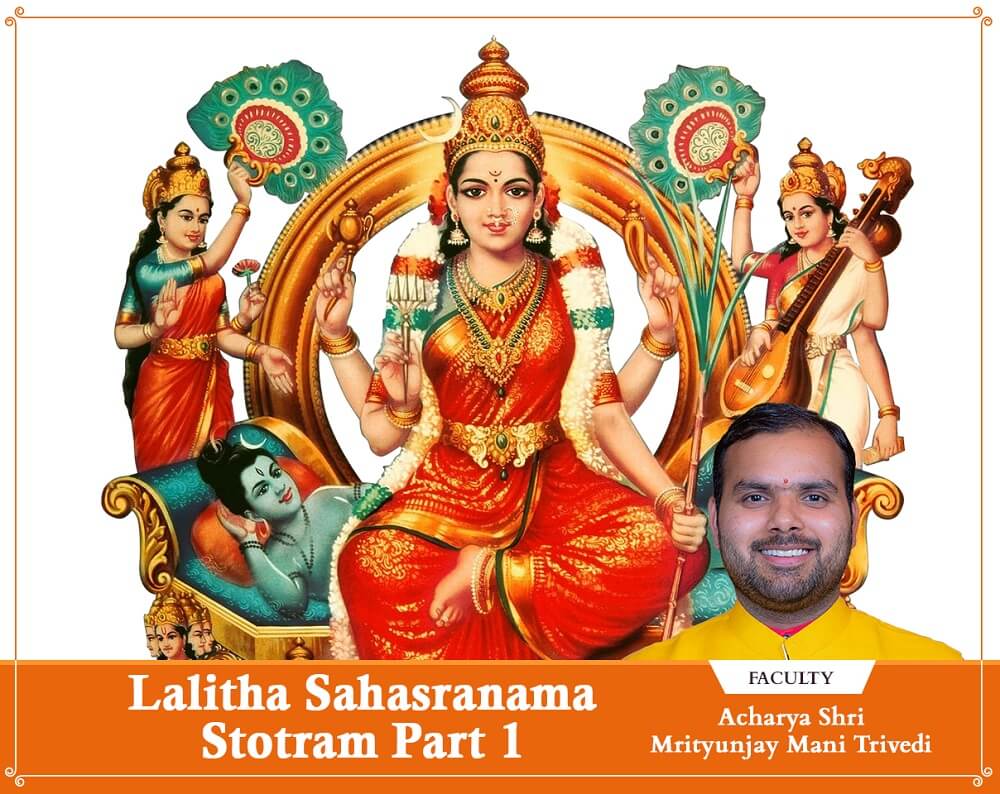
Lalitha Sahasranama Stotram – Part 2
TAT1304 - (CPHS – Elective Course) Lalitha Sahasranama stotram is considered to be a sacred Hindu text from the Brahmanda

Holistic Yoga – Philosophy and Practice
YOG1000 – Holistic Yoga - Philosophy and Practice course provides an introduction to holistic yoga, that integrates yoga philosophy from
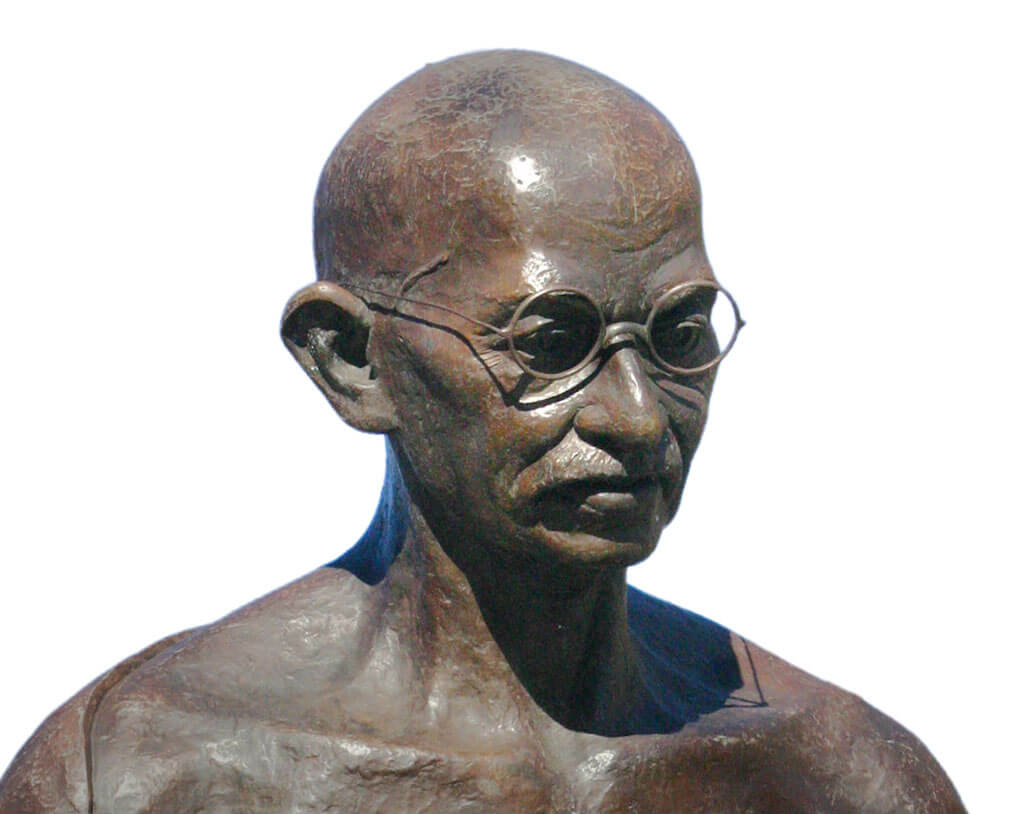
Ahimsa and the Art of Nonviolent Communication
YOG2101 - The Art of Nonviolent Communication and Ahimsa course is designed to introduce participants to the Gandhian approach to nonviolent

Introduction to the daśaśāntimantras
TAT1001 – This course provides an immersive introduction to the Mantra and Chanting traditions of Sanatana Dharma. It focuses on
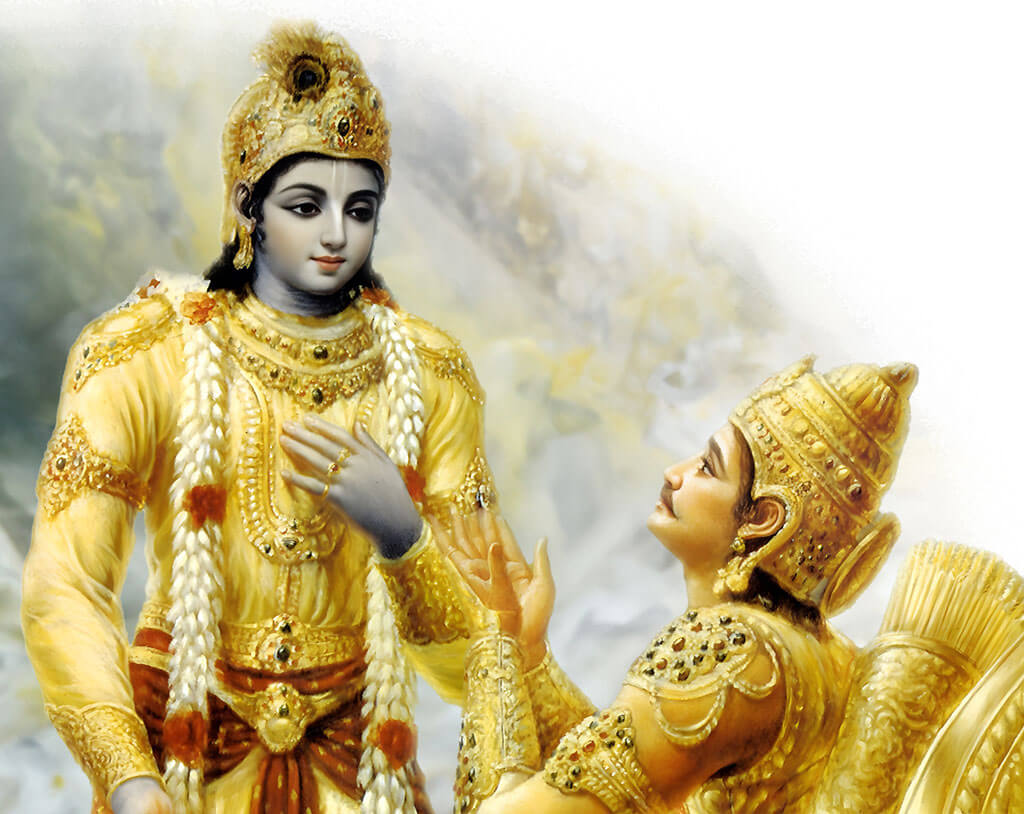
Growing up with the Gita
HSF1010 - ‘Growing up with the Gita’ is an introductory course designed specifically for teenagers, youth and the young at

BODHAK – The Gita Vidya Teacher Training
HSF1304 – (CPHS – Elective Course) “BODHAK – The Gita Vidya Teacher Training” is the first of a four-part series
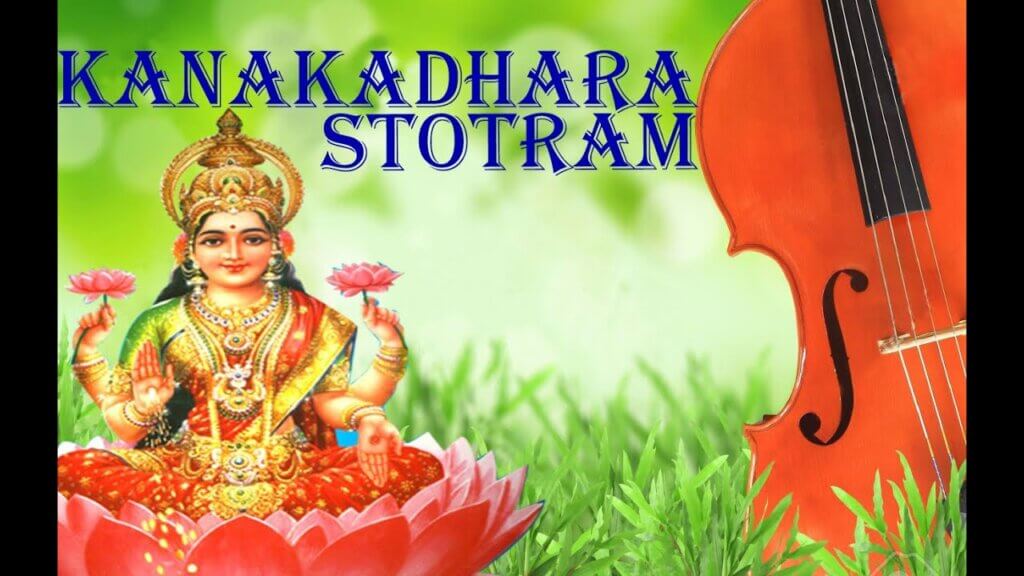
Satsang in Samskrtam – Kanakadhaaraastotram
SAN3104 - In this Course students will learn select shlokas from Adi Shankara’s Kanakadhaaraastotram. The entire course will be taught
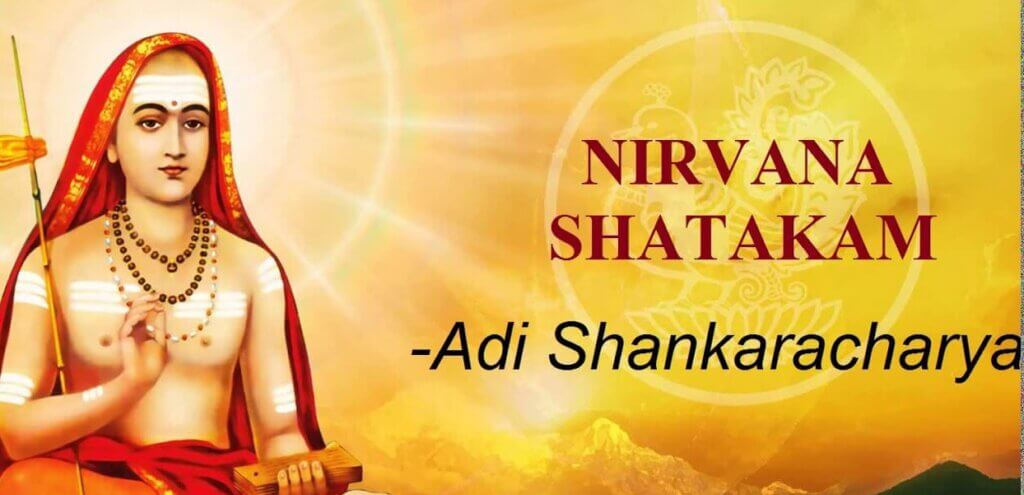
Satsang in Samskrtam – NirvaaNaShaTkam
SAN3103 - In this Course students will learn the full set of 6 shlokas from Adi Shankara’s NirvaaNaShaTkam text. The
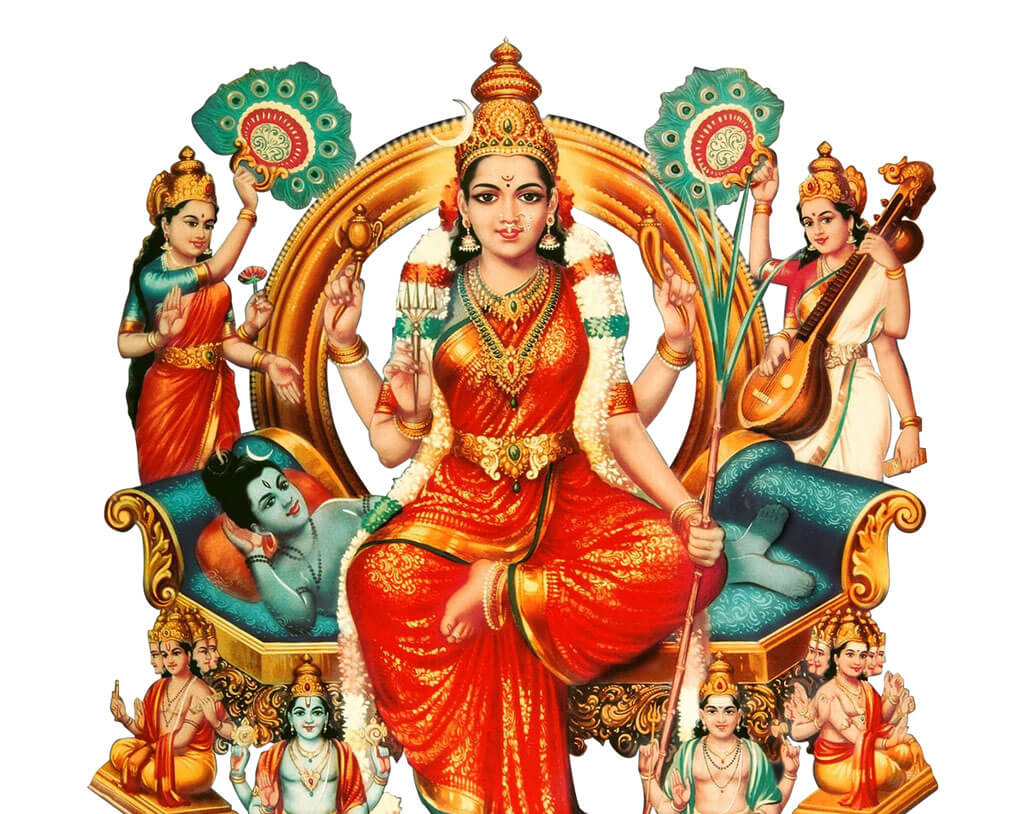
Lalitha Sahasranama Stotram Part 1
TAT1303 - (CPHS – Elective Course) Lalitha Sahasranamam is considered to be a sacred Hindu text from the Brahmanda Purana.
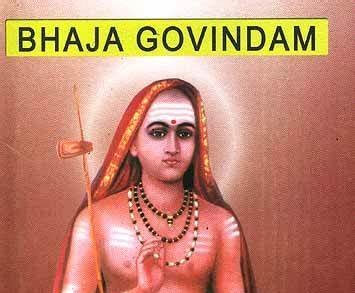
Satsang in Samskrtam – Bhaja Govindam
SAN3102- In this Course Students will learn to think about the Bhaja Govindam from within the Sanskrit language, along with
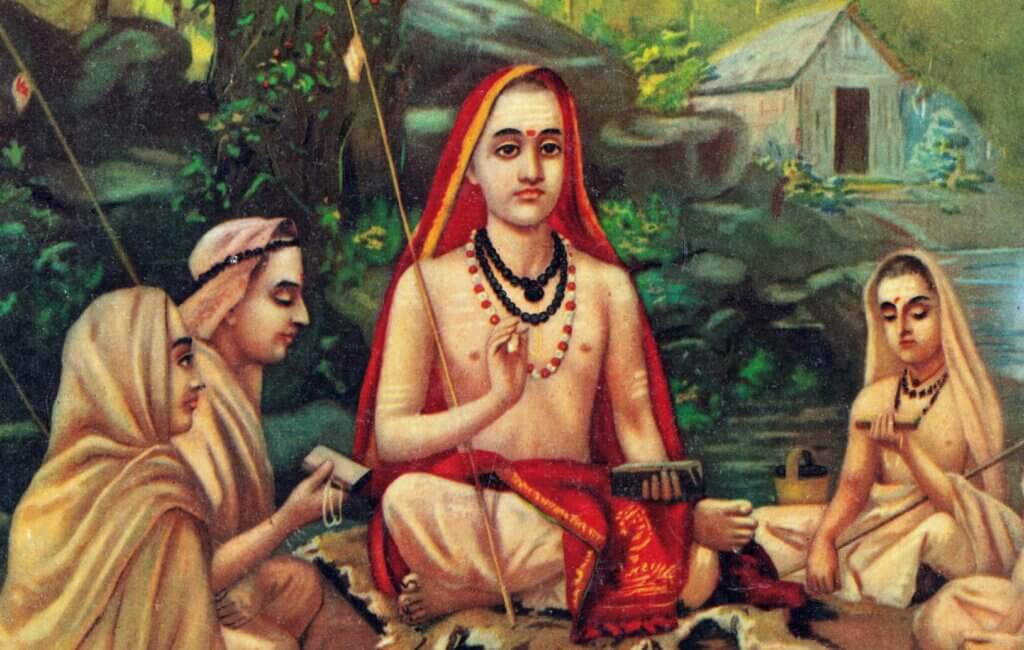
Satsang in Samskrtam – Soundaryalaharii
SAN3101 - In this Course students will learn a select set of shlokas from Adi Shankara’s Soundaryalaharii text. The entire

Discover the contemporary Relevance of Hindu Dharma
HSF1007 – (C.P.H.S – Elective Course) This course, targets an age group of 18-35 and will explore the question –
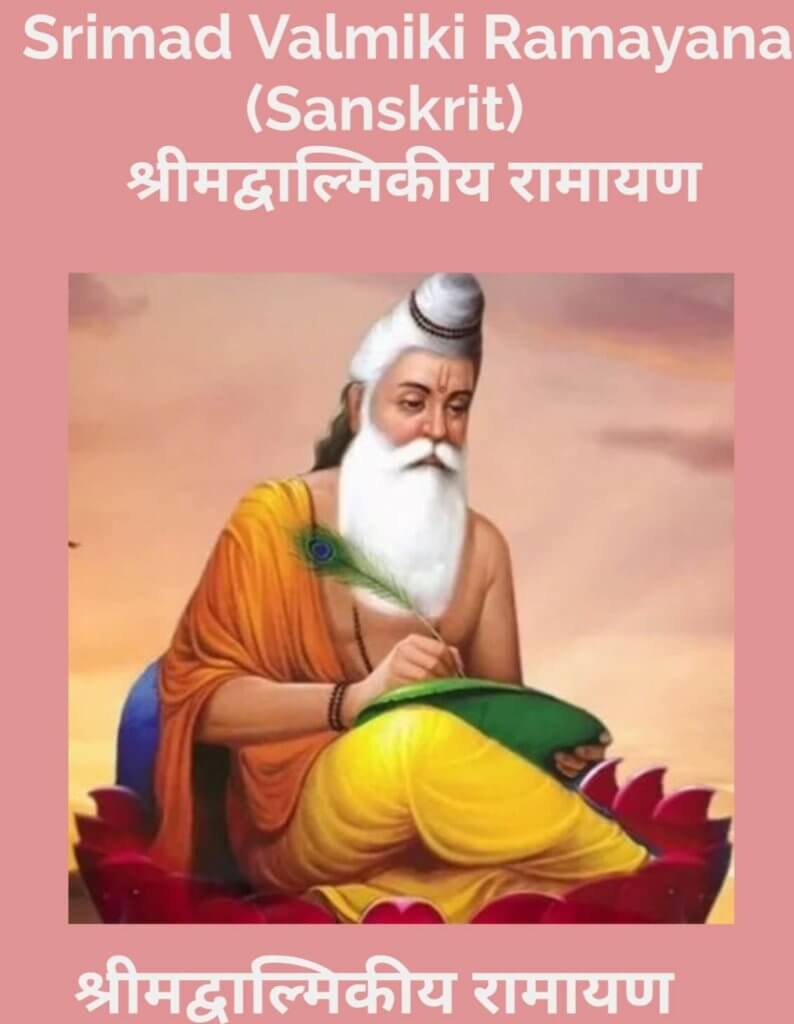
Lessons from Valmiki Ramayana
HSF1005 – This course will enable students to get a well-versed understanding of the story, lessons, and teachings of one
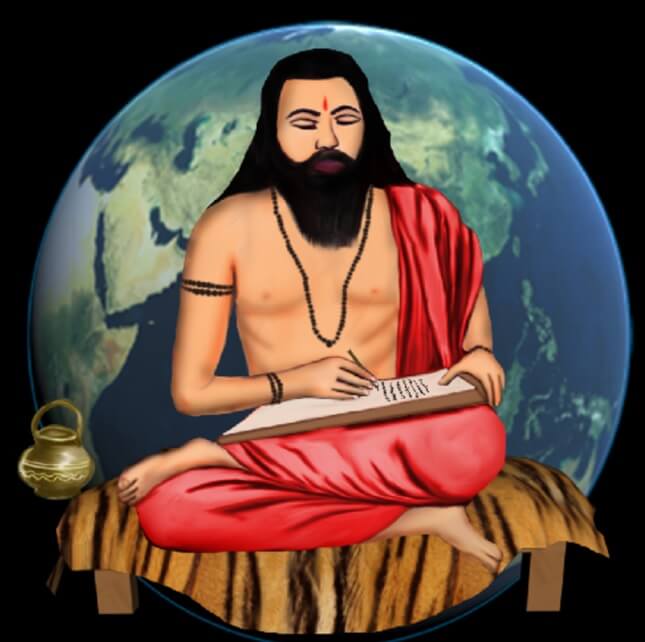
Exploring Hinduism – Geography and History
HSF1001 – “Exploring Hinduism – Geography and History”, is the first course in the series titled “Exploring Hinduism” that will

Reconstructing Hindu History – The Commissions
HAM4201 – (C.P.H.S – Core Course) This course is the first of a two-quarter course sequence that examines the scientific
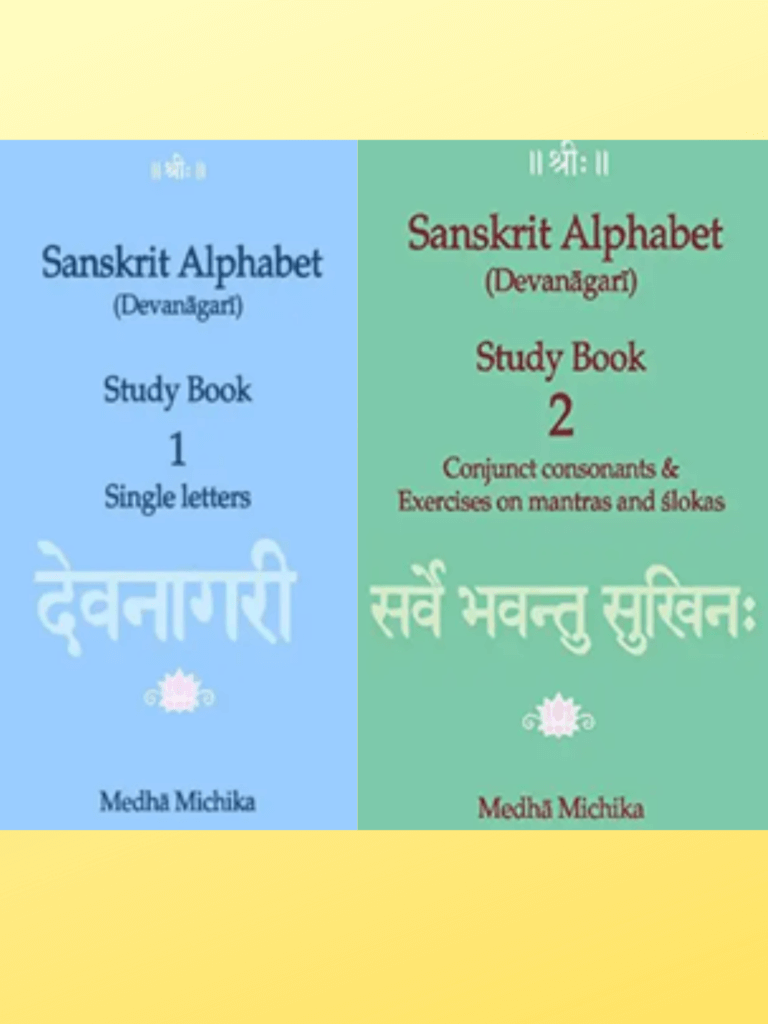
Introducing DevanAgarii
LAN0100 - This course is targeted at all students who are beginners of Sanskrit, Hindi, or one of the other

Graduate Academic Writing Seminar Intensive
HSF5100 - This seminar writing is aimed at graduate students (currently enrolled in M.A./Ph.D. programs in Hindu Studies) wishing to
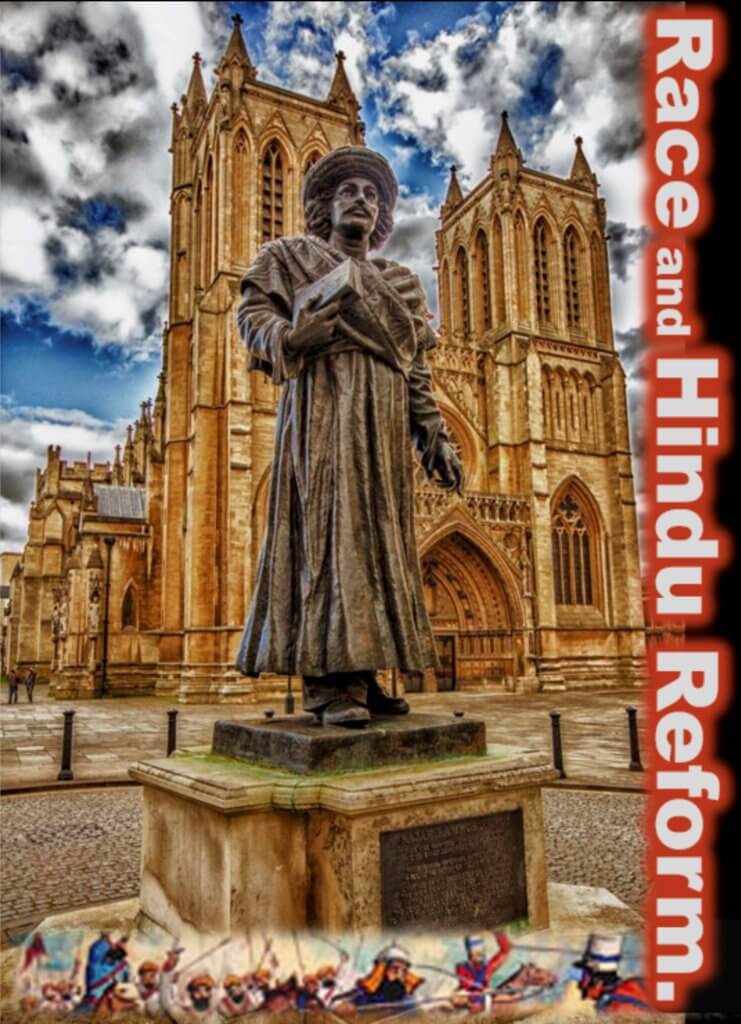
Race and Hindu Reform
HAM6405 - This course is the second part of a two-part course sequence that begins with HAM6403-Race and Modern Hinduism.
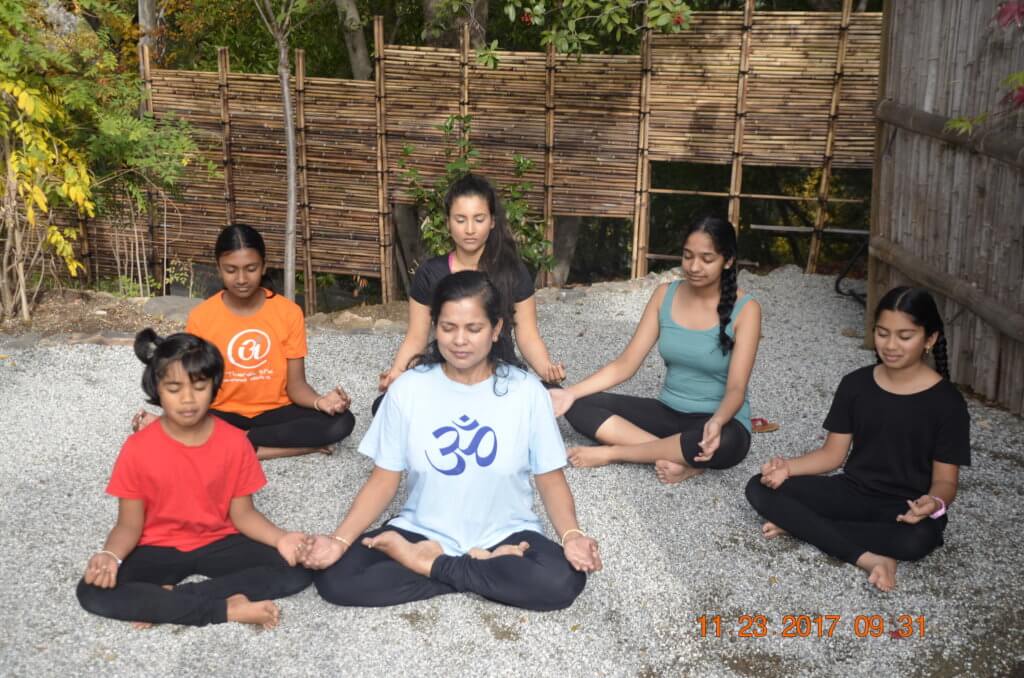
Teaching Yoga for Children
YOG3004 - This course enables students to integrate yoga in their teaching career, for guiding children, and for developing spiritual

Distortions in Indian Historiography
HAM4301 - This course traces the distortions in the historiography of medieval and modern India, discernible since the Independence of
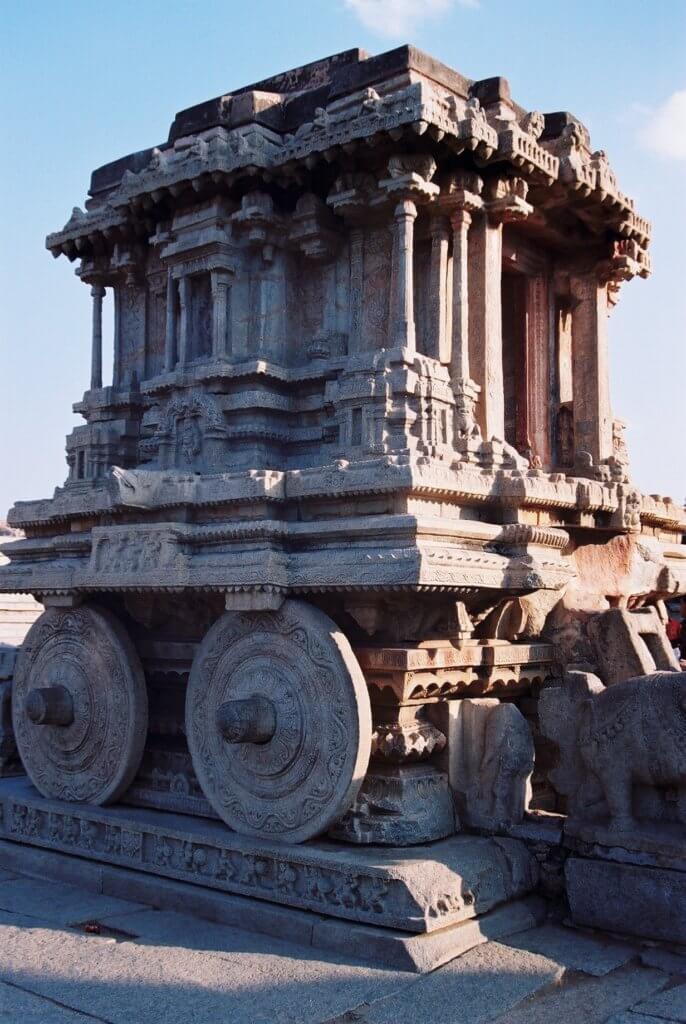
Decolonizing the Hindu Condition
PHS6302 - This course will analyze in detail the psychological and sociological consequences of the British colonial narratives on Hindus,

Holistic Yoga – 2: Deepen Your Yoga Practice
YOG2000 - This course provides in-depth experience of holistic yoga, that integrates asana, pranayama, and meditation techniques for a sustained

Managing Diabetes through Holistic Yoga
YOG1001 - This course provides online classroom training under the guidance of senior yoga therapists so that students can learn

Managing Back Pain through Holistic Yoga
YOG1006 - This course provides online classroom training under the guidance of senior yoga therapists so that students can learn

Indian and Western Music Traditions – A Comparative Study
TAT3103 - (C.P.H.S – Elective Course) This course is the first of a three-part course sequence in the Hindu Musical Traditions
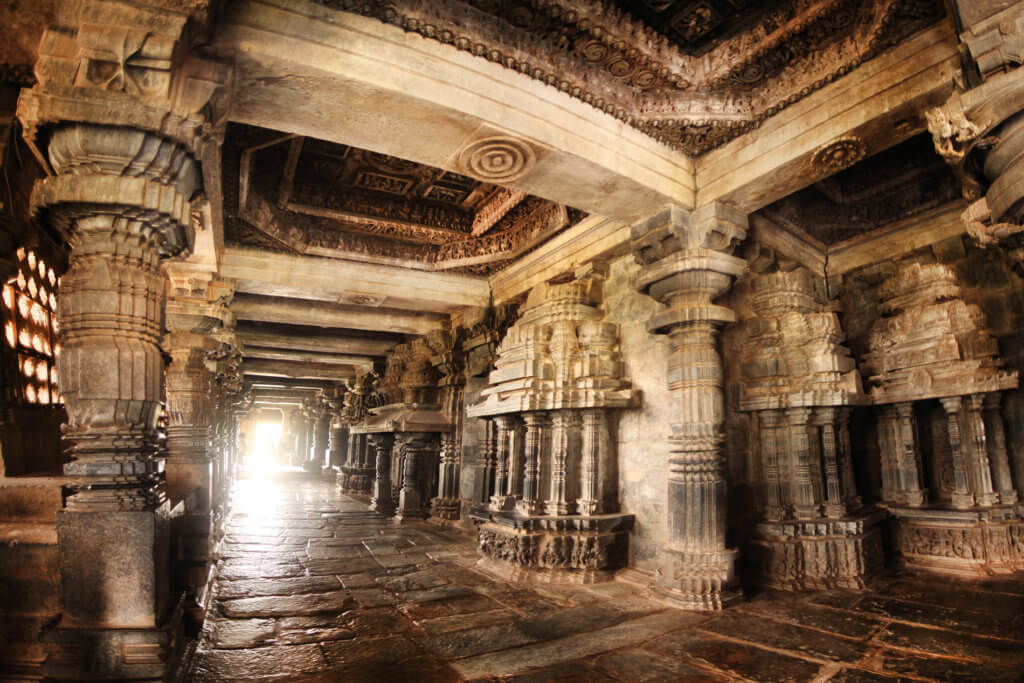
Antaranga Mandapam
YOG3101 - How is this Coronavirus pandemic going to end? Will we return to our 'old selves' and our 'familiar
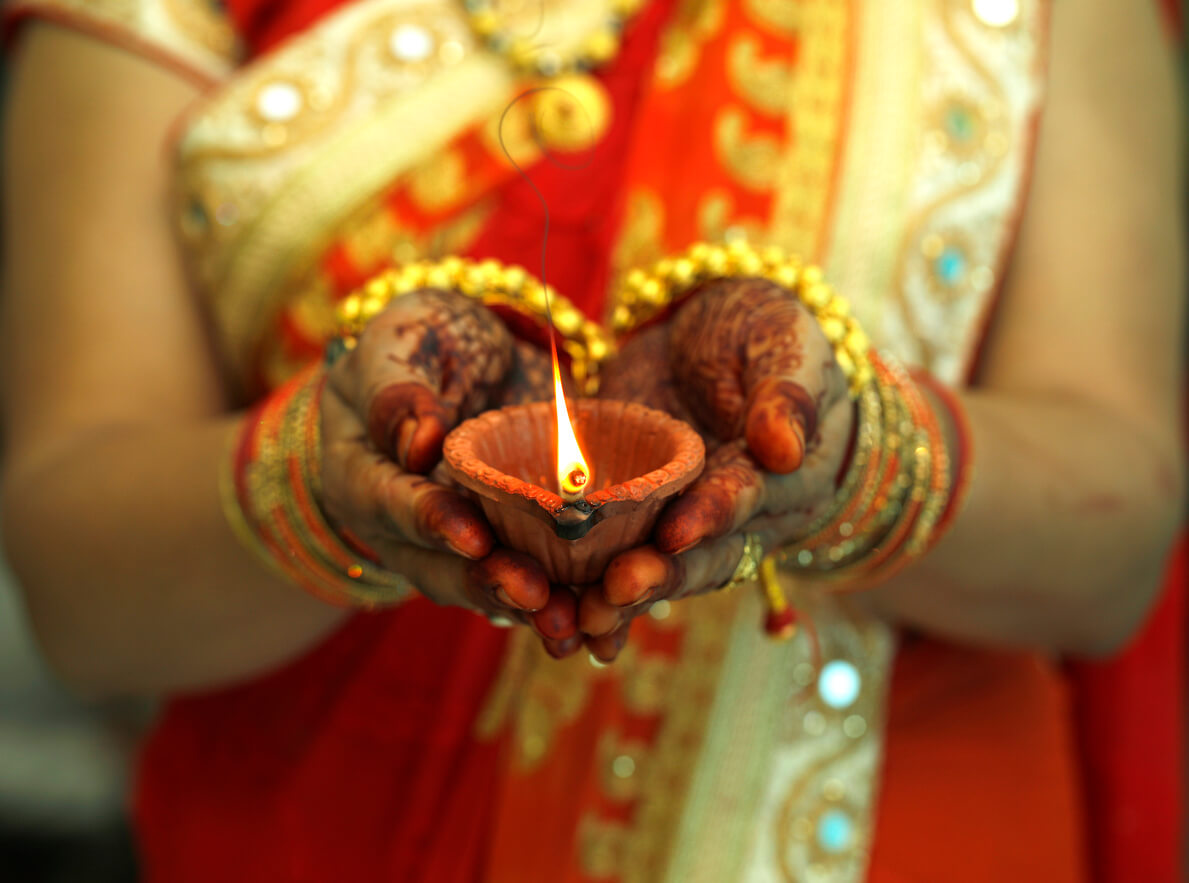
Advaita Vedanta: A Method
HSF6004 - This course will explore and demonstrate the use of the methods (prakriyas) used in the Upanisads to unfold

Comparative Religion: Death and Meaning
HSF6003 - The central problem of human life is twofold: morality and mortality. Given the certainty of death, is there

Experience Incredible India
HSF5001 - This course offers a unique study abroad opportunity, that includes an authentic, enriching and transformative experience in India.

The Humanities and the University – II
Inspired by neo-humanism, the research university was to facilitate self-cultivation, aesthetic appreciation (especially through knowledge of classical antiquity), and a
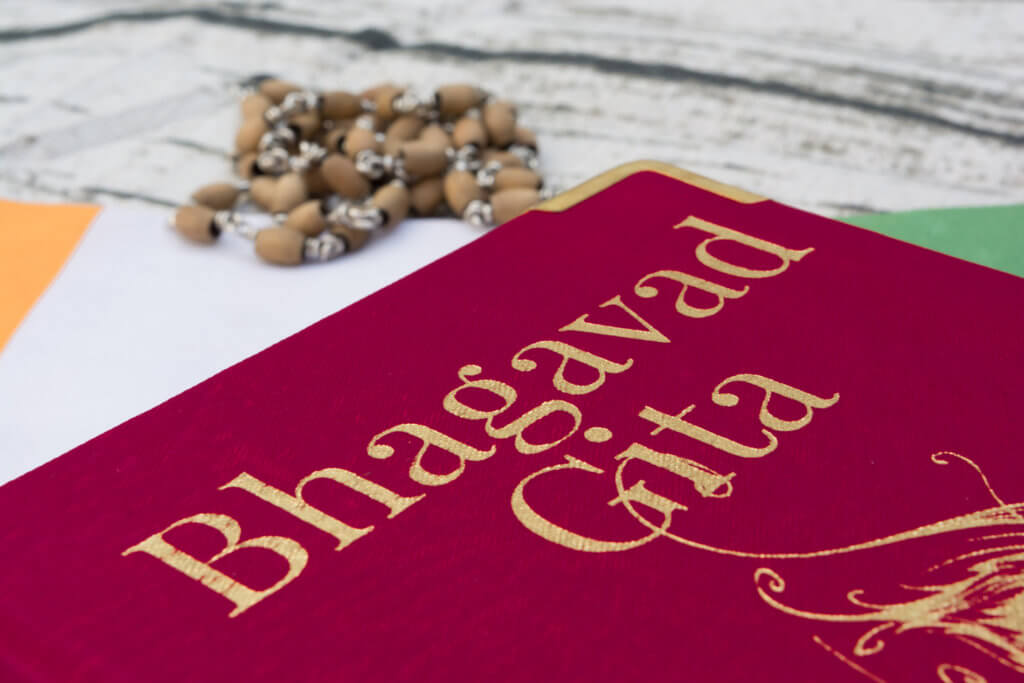
The Vision of the Bhagavad-Gītā
HSF5002 - Distilled from the Upaniṣad, the Śrīmad Bhagavad-Gītā is a fundamental text of Hindu Dharma which has given rise
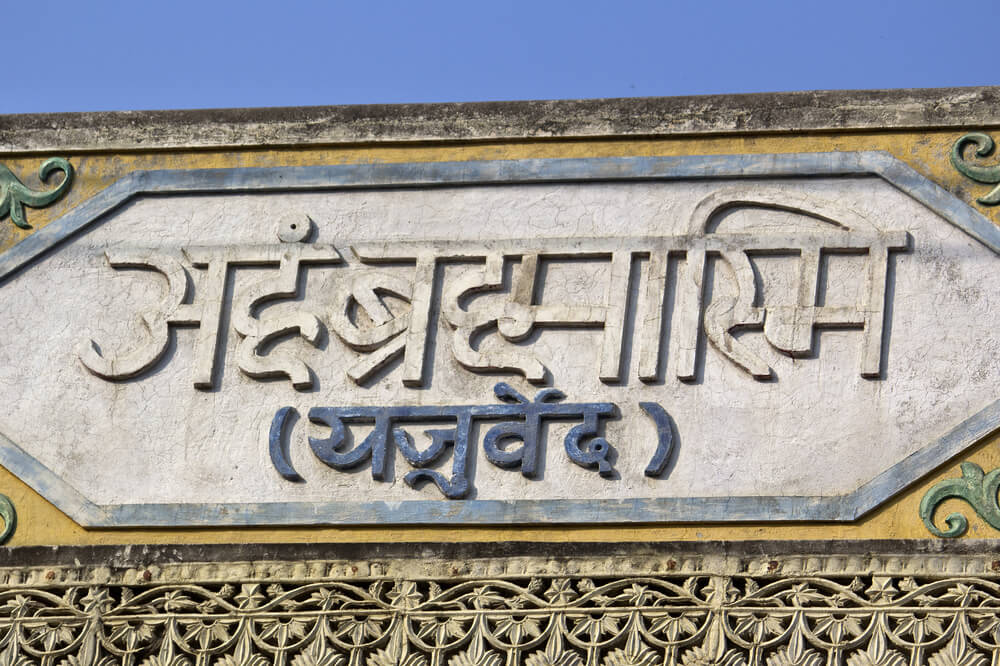
The Foundation of Vedānta
HSF5004 - Vedānta also known as the Upaniṣad, found at the end of all four Vedas, reveal the goal and

Vālmīki’s Rāmāyaṇa
TAT7301 - Vālmīki’s Rāmāyaṇa is a classic story of human self-development focused on the relationship between the macrocosm (the kingdom)
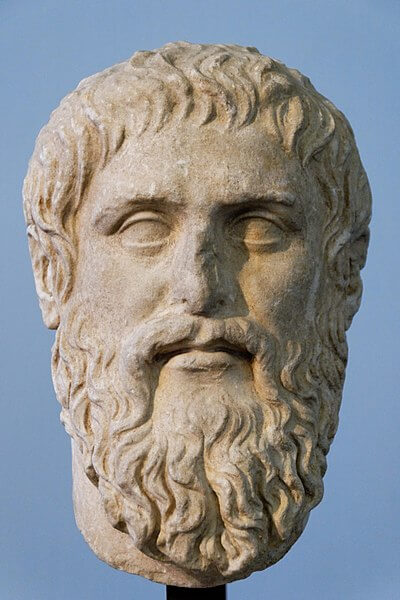
Ancient Greek Philosophy
HSF6002 - What is the meaning of existence? What is the nature of truth? These were the questions asked by
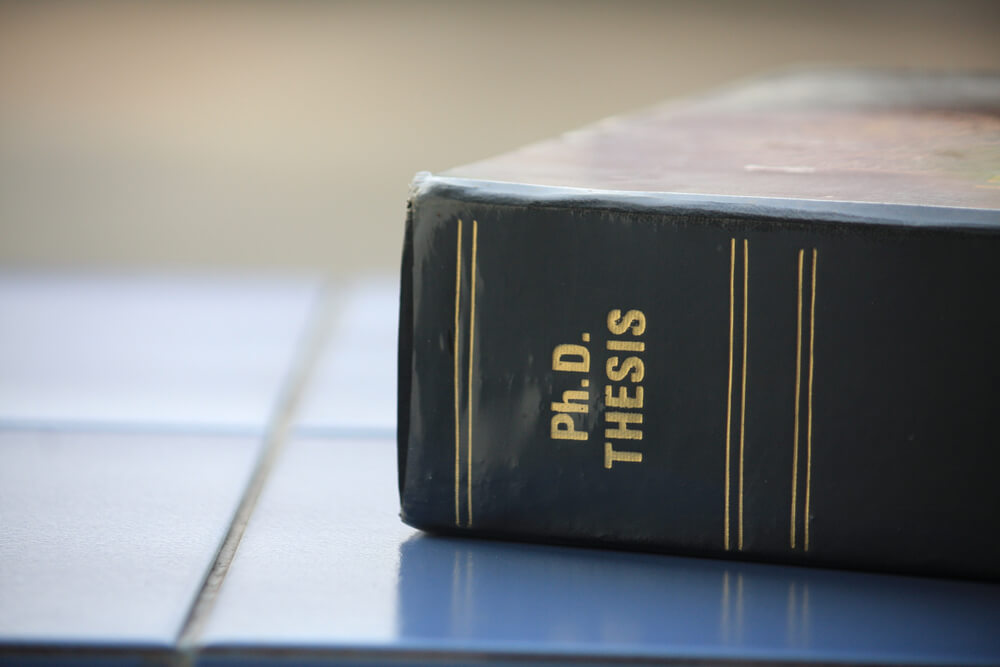
The Humanities and the University – I
Inspired by neo-humanism, the research university was to facilitate self-cultivation, aesthetic appreciation (especially through a knowledge of classical antiquity), and
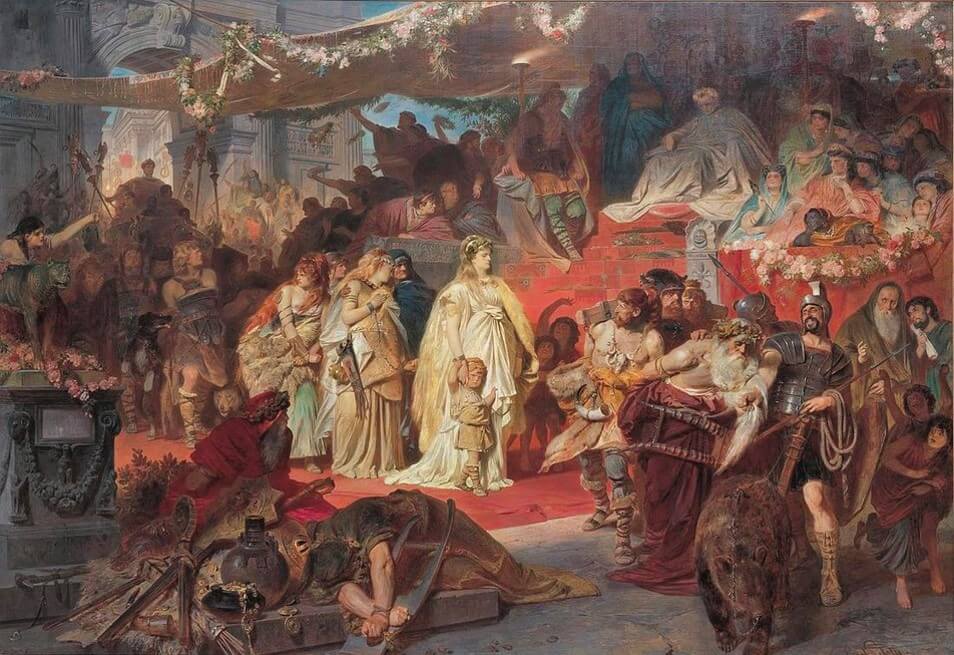
Historical Methods and Sources
As a mode of knowing, history has acquired unparalleled prestige. We now think that to know when, where and under
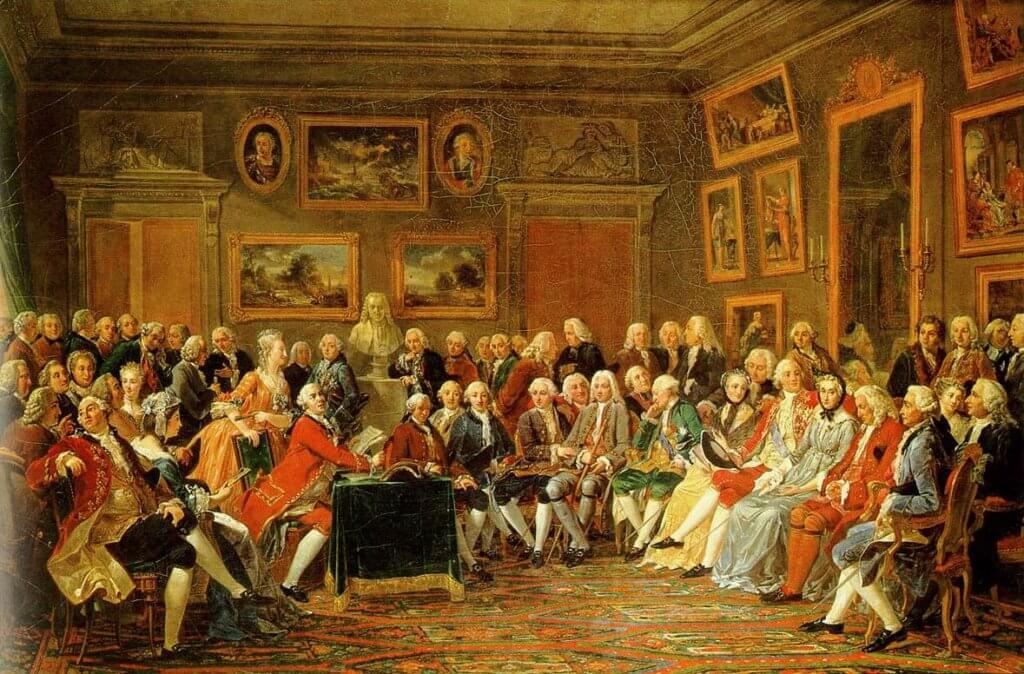
The Enlightenment
The Age of Enlightenment or, simply, the Enlightenment extended from the late seventeenth to the eighteenth century. This epoch had
Contesting Neo-Hinduism
Critical Issues in Hindu Studies
Decolonizing the Hindu Condition
Decolonizing the Hindu Condition
Course Content:
Narratives influence the perception of reality and truth. A distorted narrative or a false narrative produces a distorted perception of reality or truth or “false consciousness.” One of the chief aims of the Postcolonial Hindu Studies concentration is to explore thoroughly how the British studies on India during the colonial era generated a false narrative which distorts the manner in which the Hindu reality is described in the texts of the Hindus. This false narrative, however, has had and continues to have cultural, social, and psychological consequences.
Whereas the course Anticolonialism and Postcolonialism gives a theoretical framework to understand the psychological and sociological consequences of colonization and examines these issues from a universal perspective, this course gets into specifics regarding Hinduism and India. This course has a reciprocal relationship with the course Anticolonialism and Postcolonialism and each course dialectically enhances the understanding of the other. It is not necessary to take one before the other, and both may be taken in either sequence.
Course Learning Objectives:
In this course students will be able to
- learn about the consequences of colonization on Hindu psyche and being
- explore how language, self-image, culture, and politics of the Hindus have been impacted by colonization
- examine the myths and generalizations about the Hindus crafted and perpetuated during the colonial rule that continue to persist in the current day mainstream discourse
- investigate how Hindus themselves perpetuate colonial myths today, without critically examining them or investigating their veracity.
Class Structure
There will be a minimum of 3 contact hours with the faculty every week. The class is structured in a way that promotes discussion, dialogue, and debate based on the study of and reflection on study materials each week. The content discussed in each class and the discussions that follow will continue for about 180 minutes. The Faculty will distribute a detailed syllabus and give a bird’s eye view of the course at its very beginning. >>>HUA<<<
Required/Elective: Elective
Prerequisites: Admission into a Program of Study
Faculty/Instructor: Dr. Kundan Singh
Quarter Offered: Spring 2021
Day: Saturday
Time: 02:00 pm EST – 05:00 pm EST
Start Date: April 10, 2021
End Date: June 19, 2021
James Mill and the Rise of Liberal-Left in Britain
James Mill and the Rise of Liberal-Left in Britain
Course Content:
This course shows that the noxious discourse on Hindus and Hinduism which emerged through the writings of James Mill in the History of British India has a reciprocal and contextual dependence on the rise of liberal and left values in Britain, which also were inspired by his domestic and political writings.
Course Description:
The writings of James Mill not only disfigured the narrative on India and Hinduism but also influenced the transformation of the British culture, predominantly through the parliamentary reforms of 1832. The rise of the liberal values and culture in Britain occurred in the backdrop of the narrative that painted Hinduism and Hindus as hierarchical and oppressive. The desire for and imagination of liberal and democratic England, which began to become a reality with the advent of the 1832 parliamentary reforms, and the painting of Hindus as hierarchical and oppressive occurred in tandem and are interconnected.
Though I reserve the exploration of the transformation of the Indian condition as hierarchical and oppressive post the emergence of James Mill’s History of British India in future courses, the current one will explore the aforementioned interconnection and reciprocal dependence in significant detail by examining the original writings of James Mill on India and for Britain.
In this course, the student will
- Learn about the political writings of James Mill, produced immediately after the publication of his History of British India in 1817.
- Explore the reciprocal dependence between his political writings for Britain and his narrative on India and Hinduism.
- Learn that Mill’s narrative on Hindus and Hinduism is deeply colored by his British social and religious experiences.
- Learn how the ideas of James Mill travelled through John Stuart Mill to Karl Marx.
Class Structure
There will be a minimum of 3 contact hours with the faculty every week. The class is structured in a way that promotes discussion, dialogue, and debate based on the study of and reflection on study materials each week. The content discussed in each class and the discussions that follow will continue for about 180 minutes.
Required/Elective: Elective
Prerequisites: Admission into a Program of Study
Faculty/Instructor: Dr. Kundan Singh
Quarter Offered: Fall 2021
Day: Saturday
Time: 02:00 pm EST – 05:00 pm EST
Start Date: October 9, 2021
End Date: December 18, 2021







